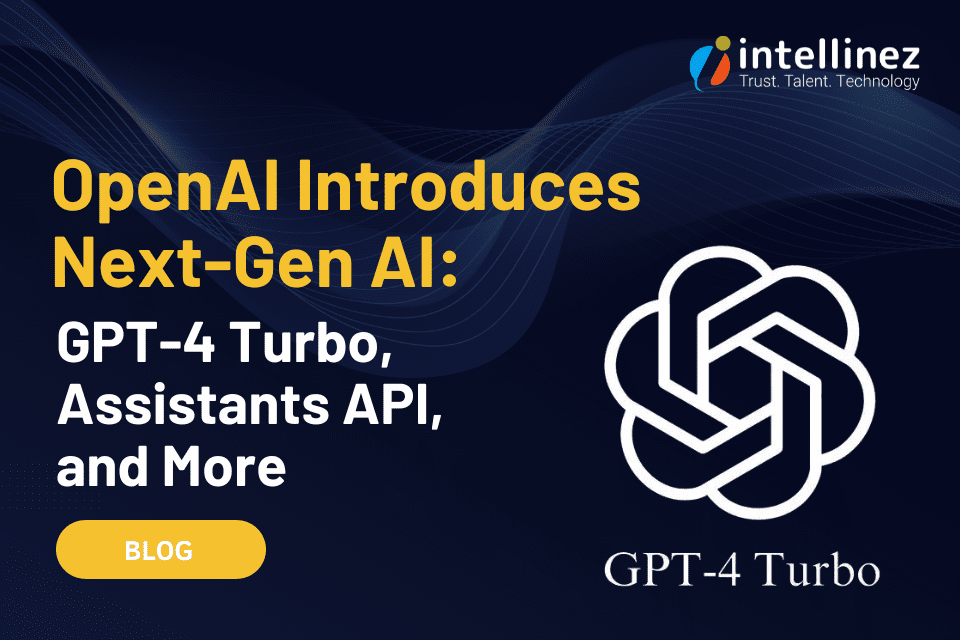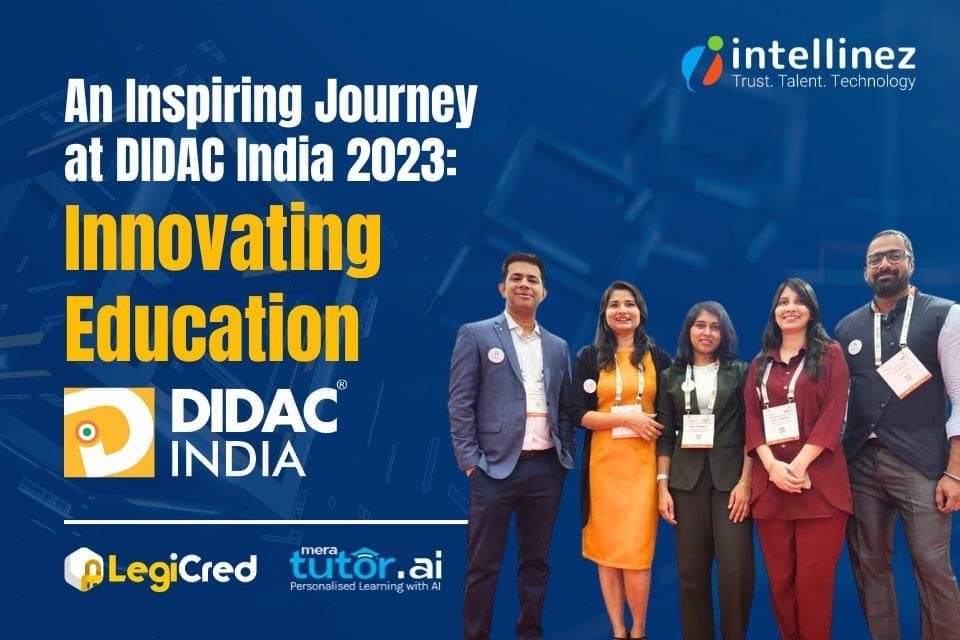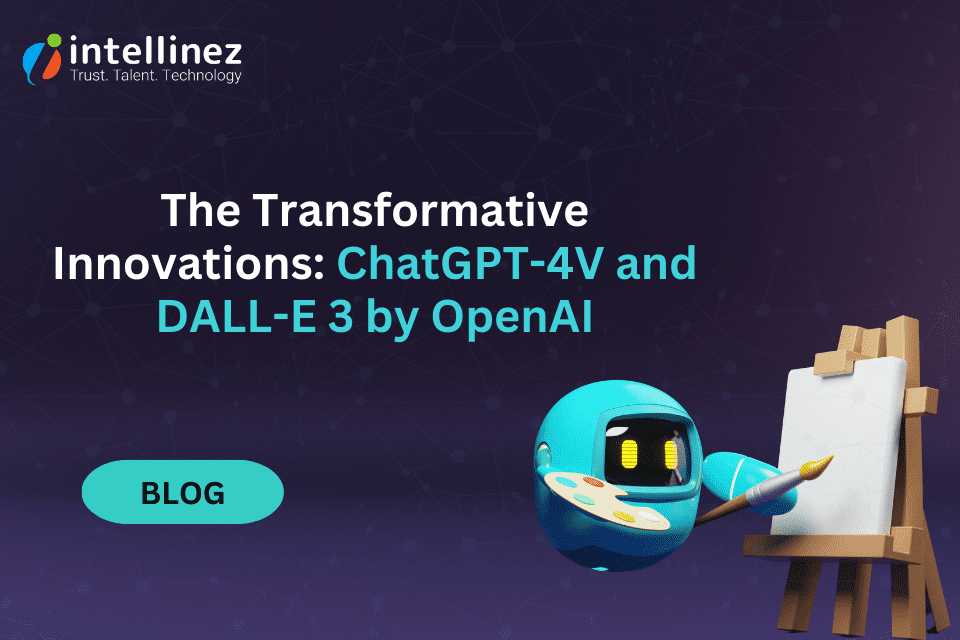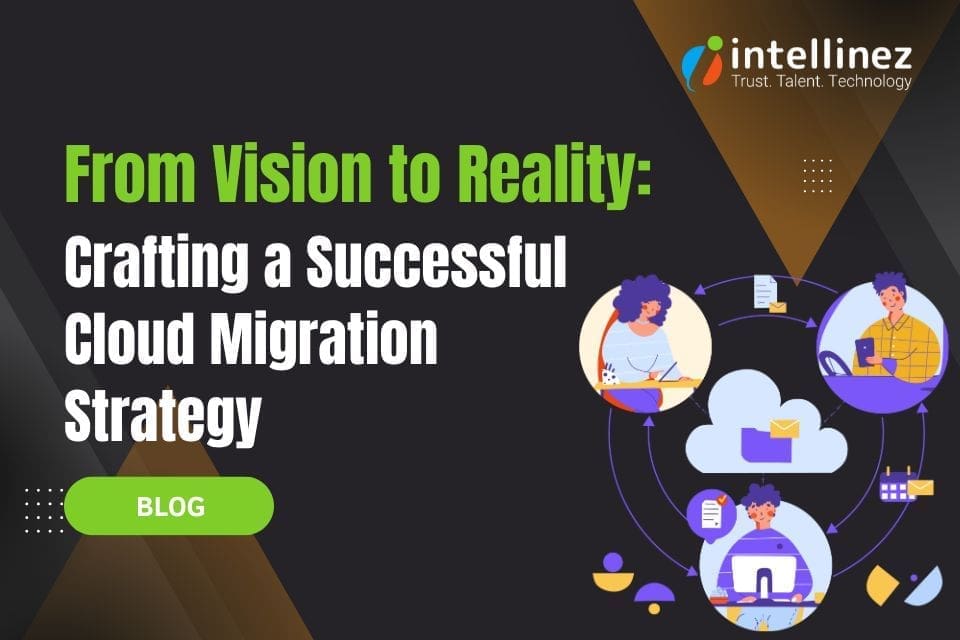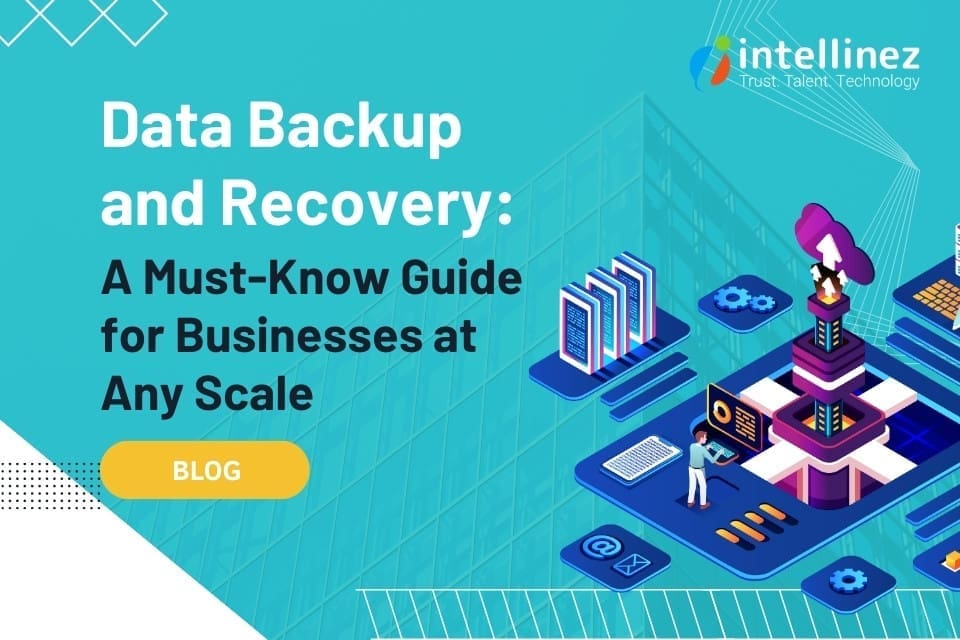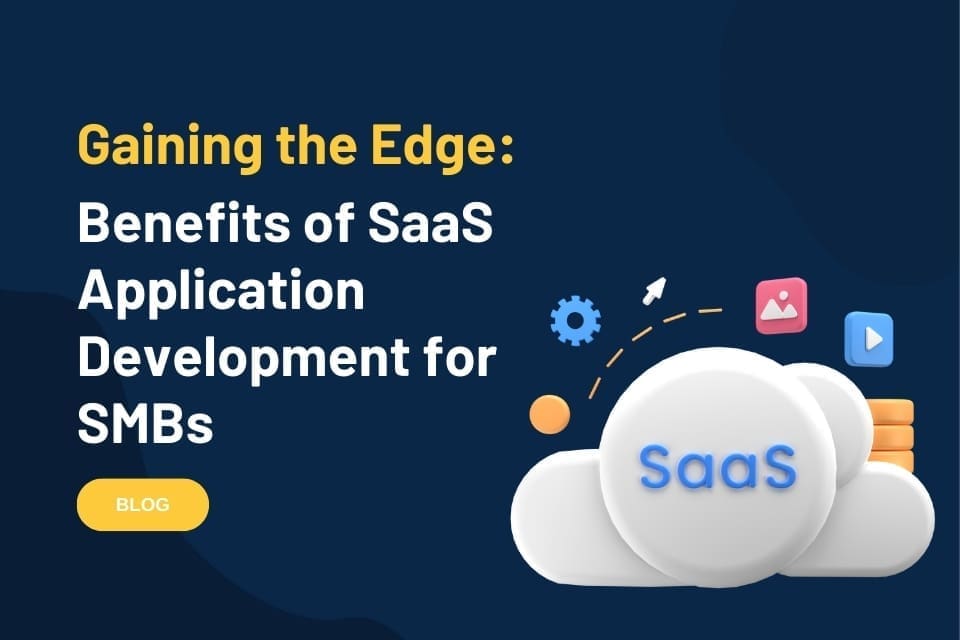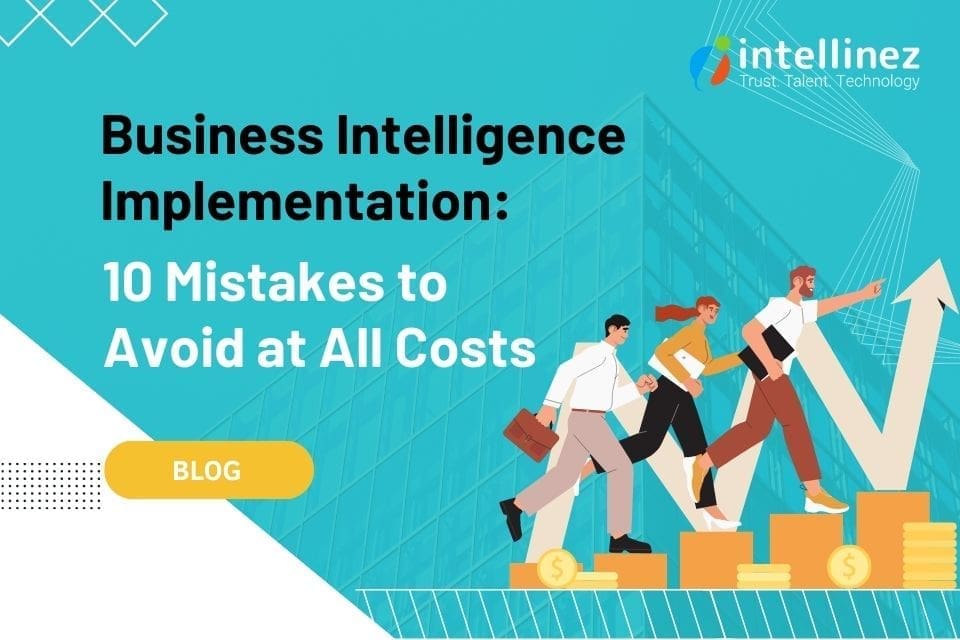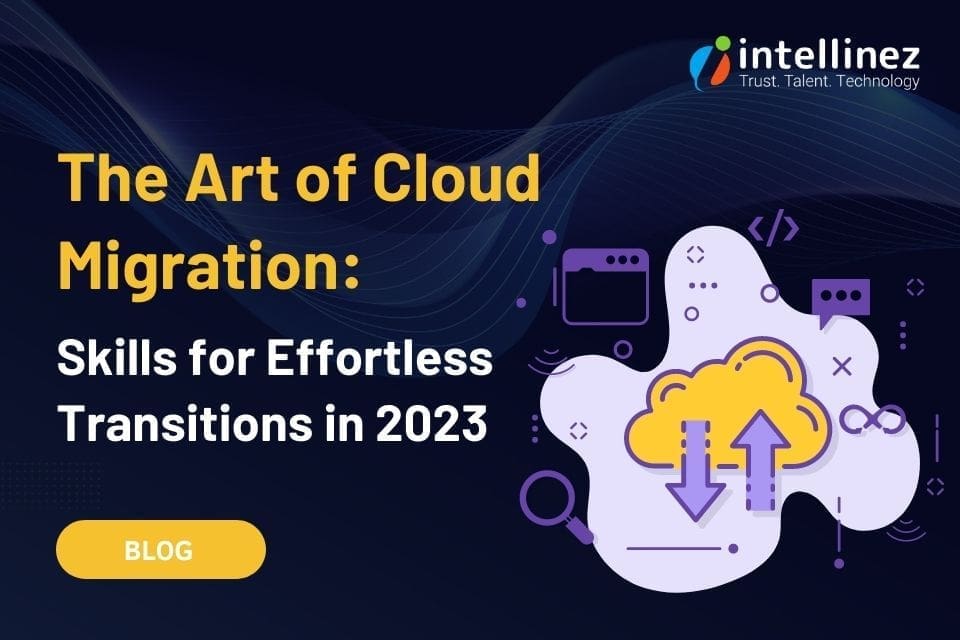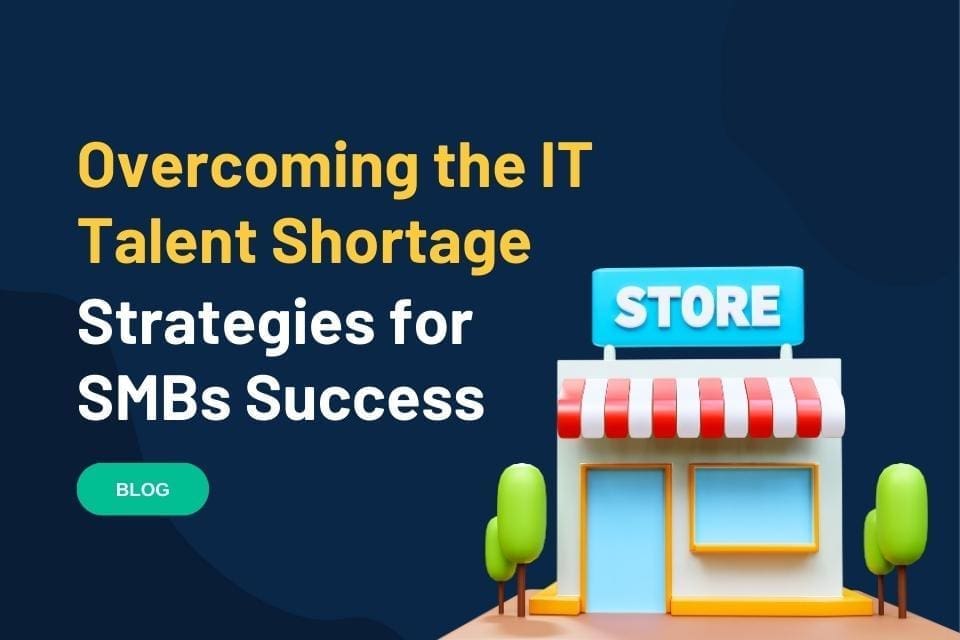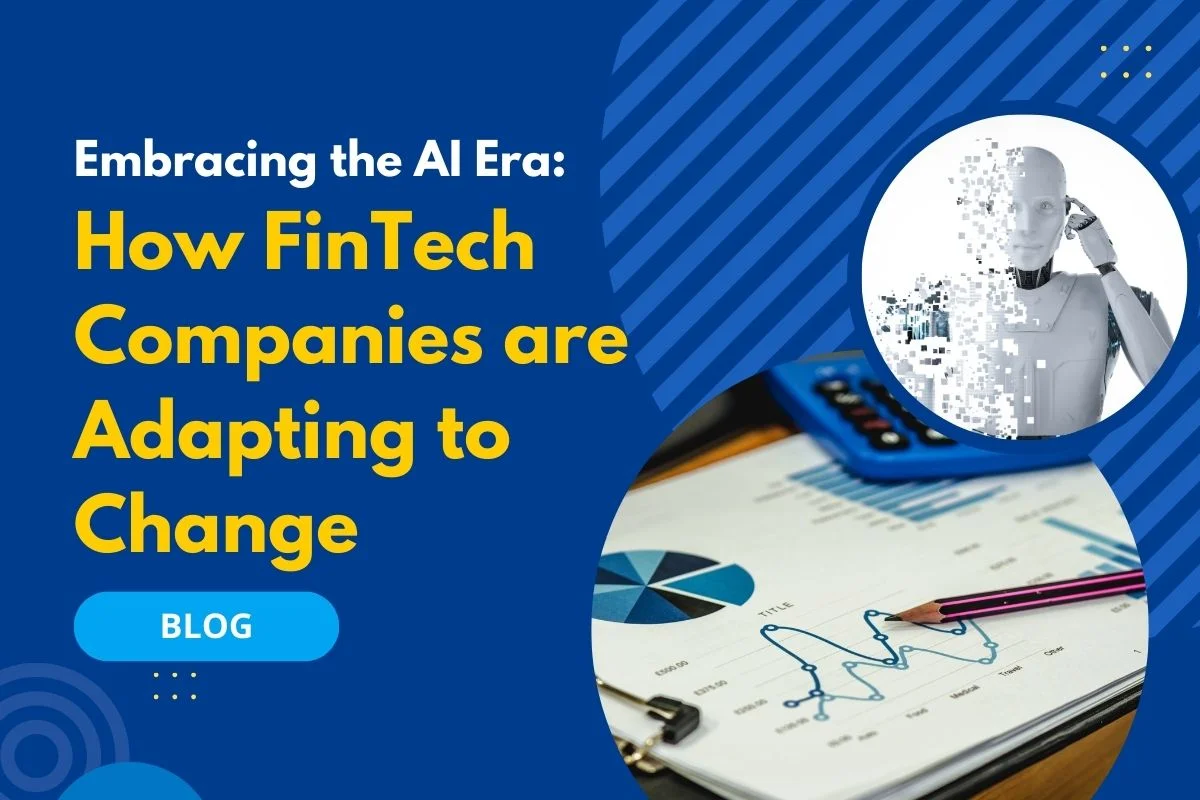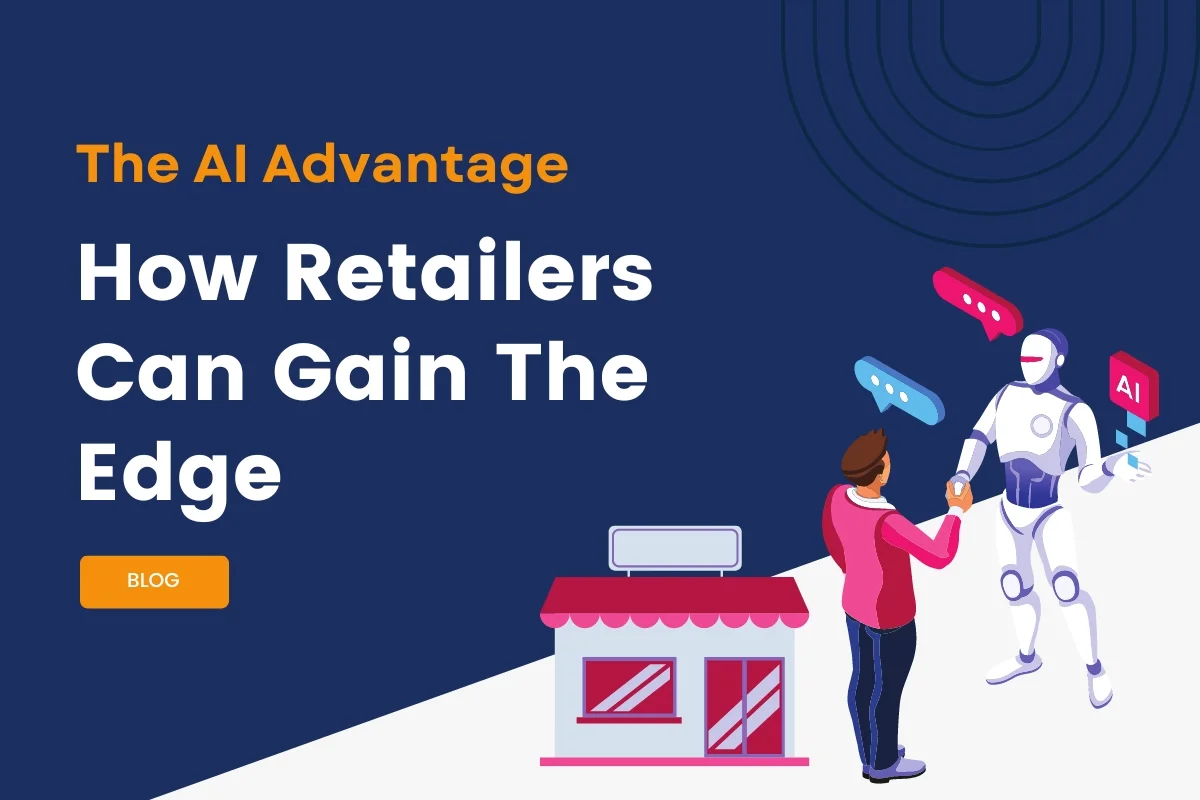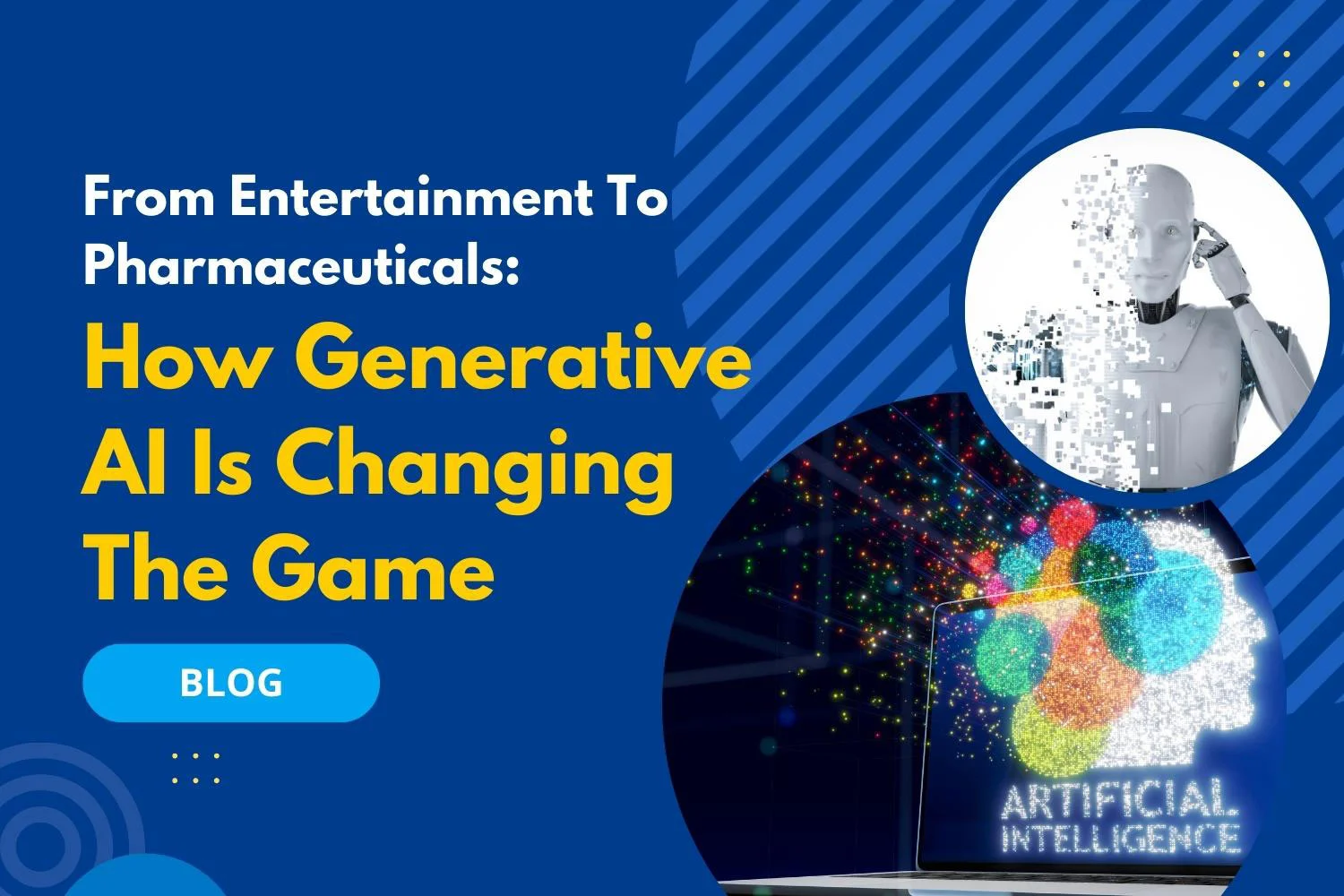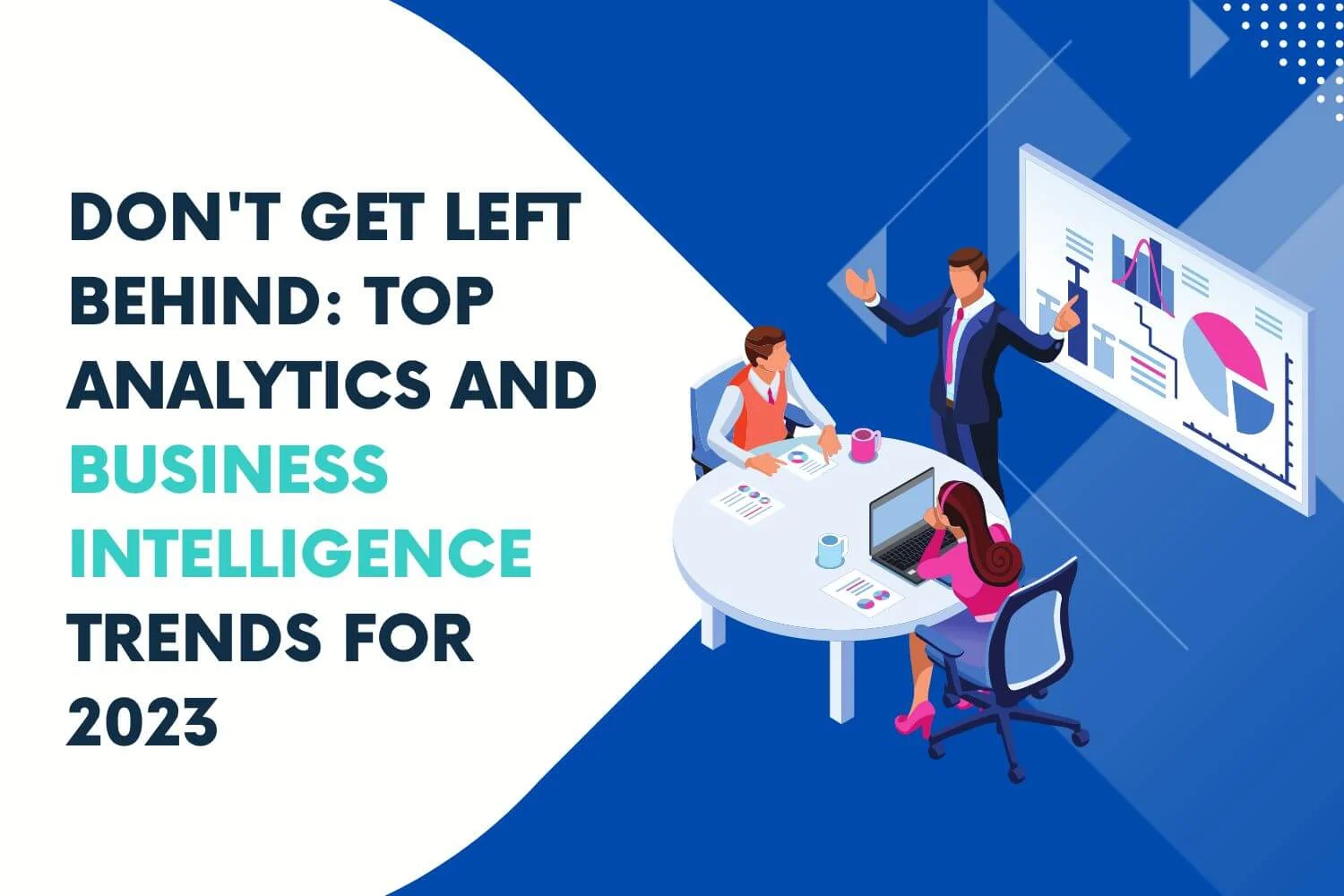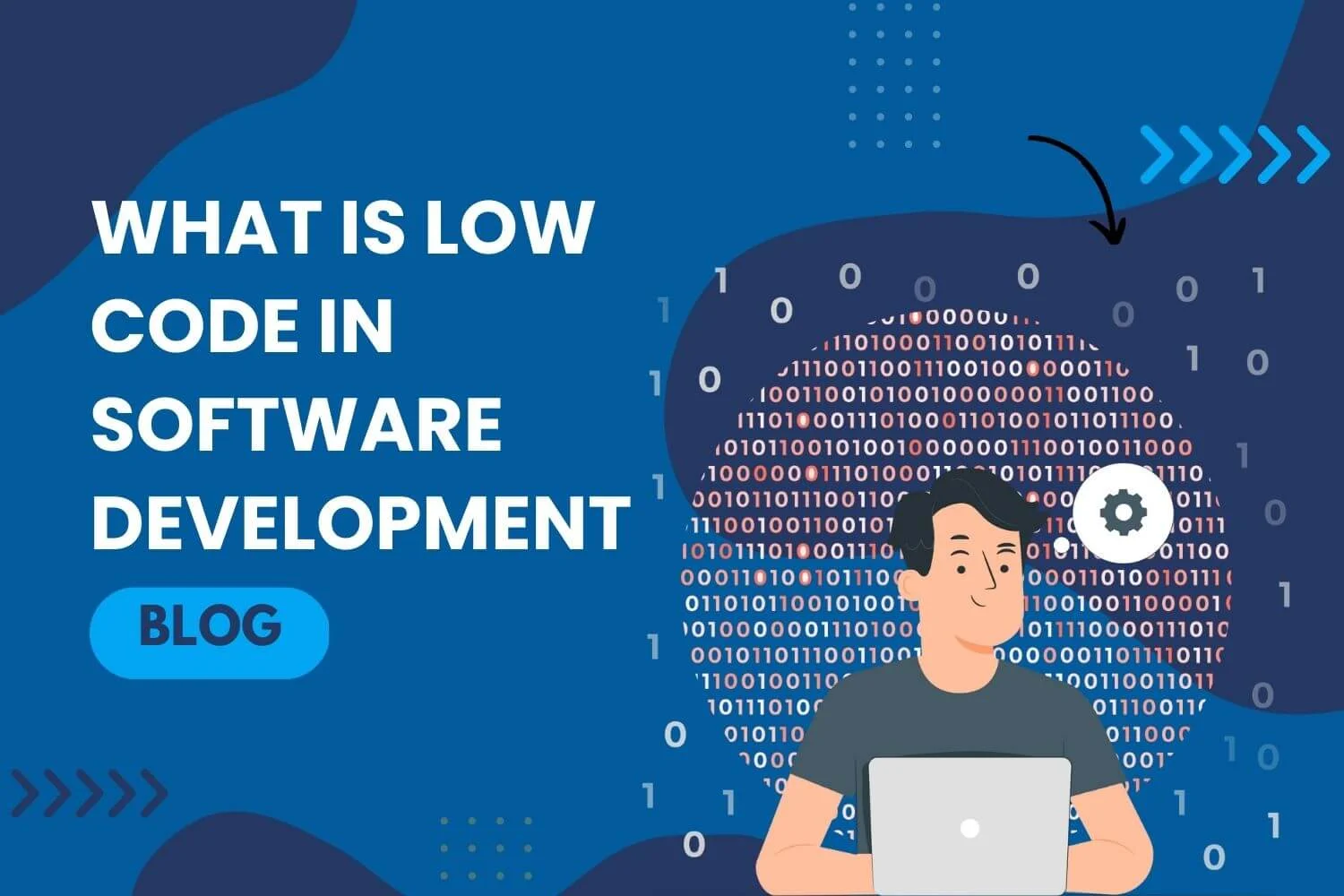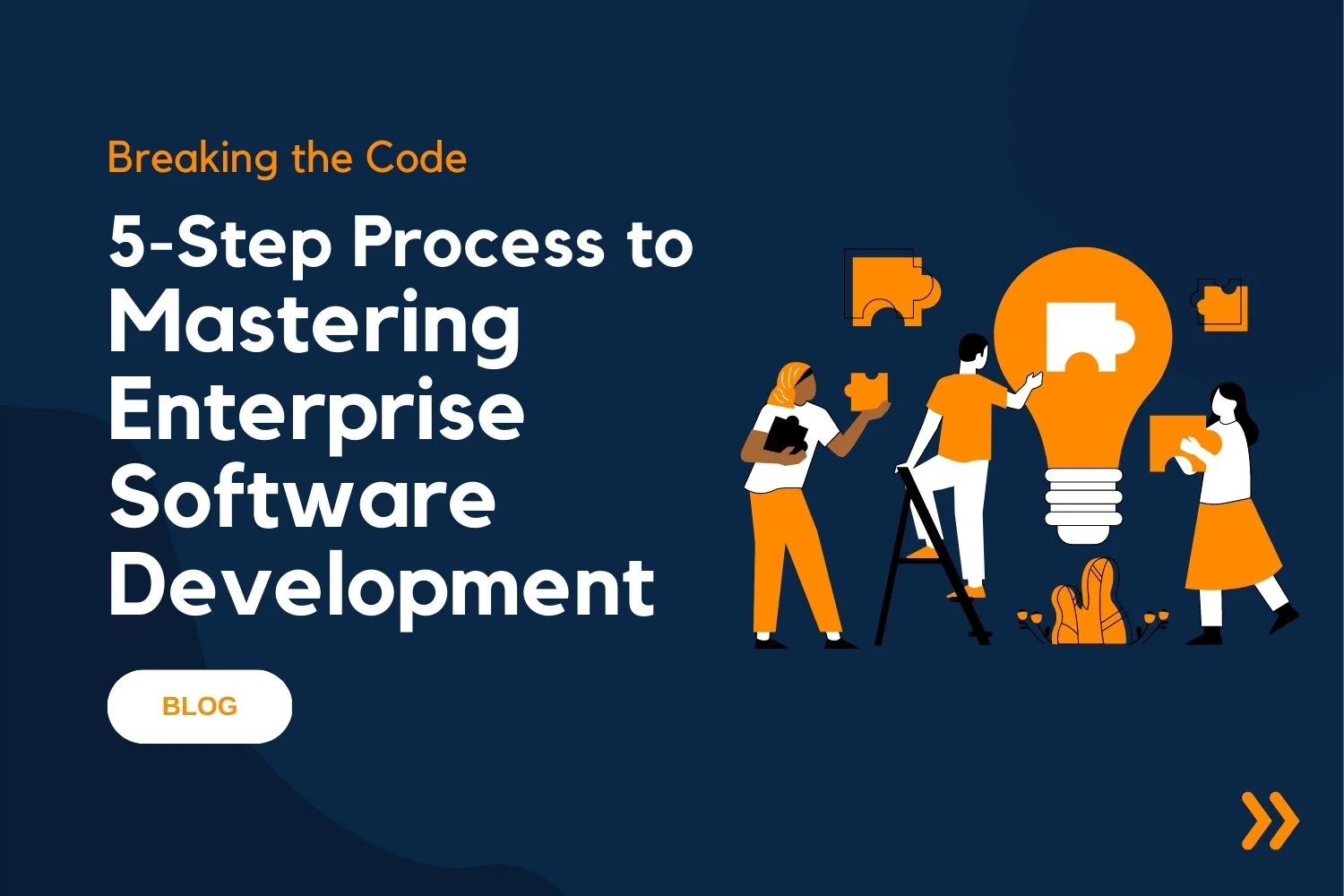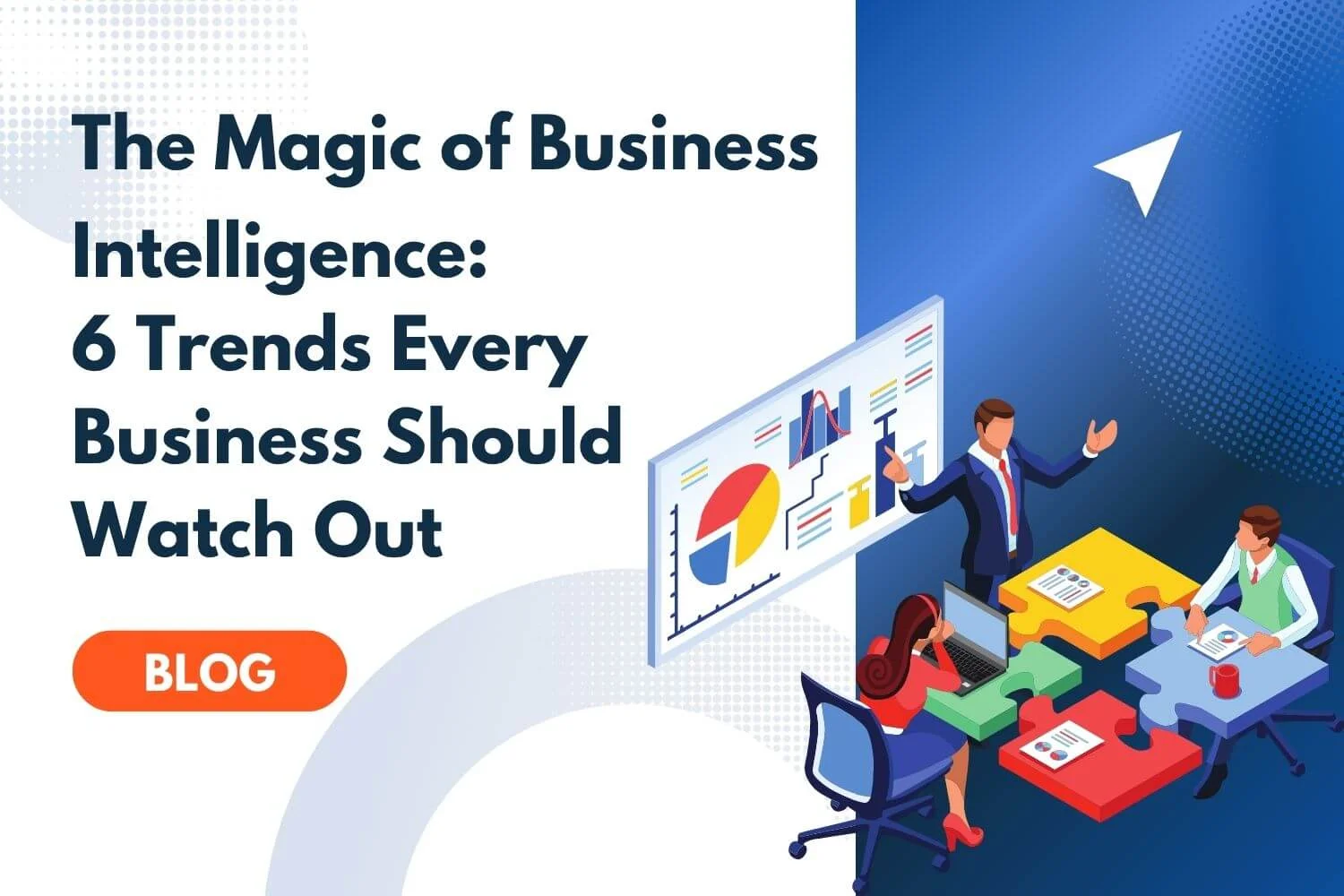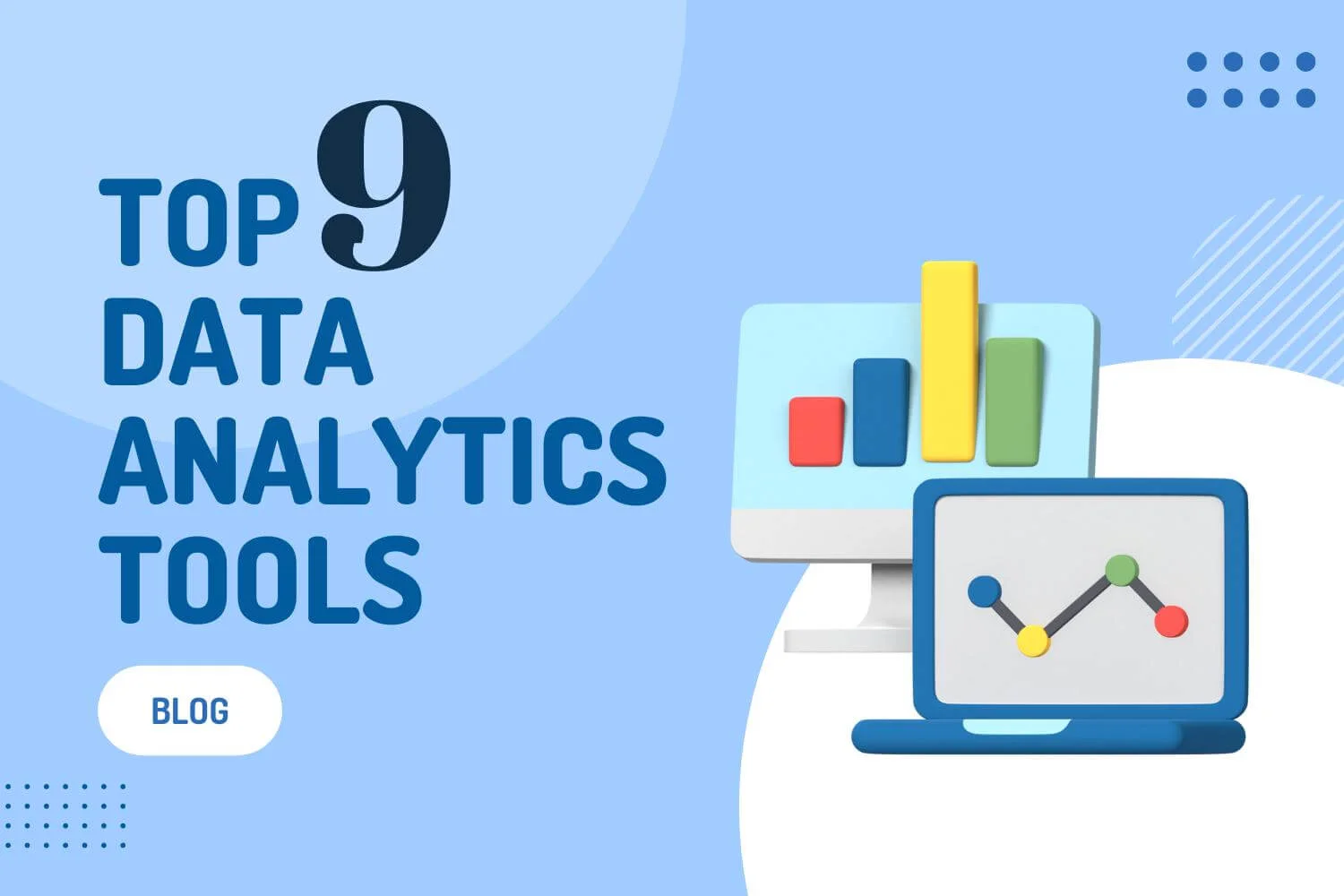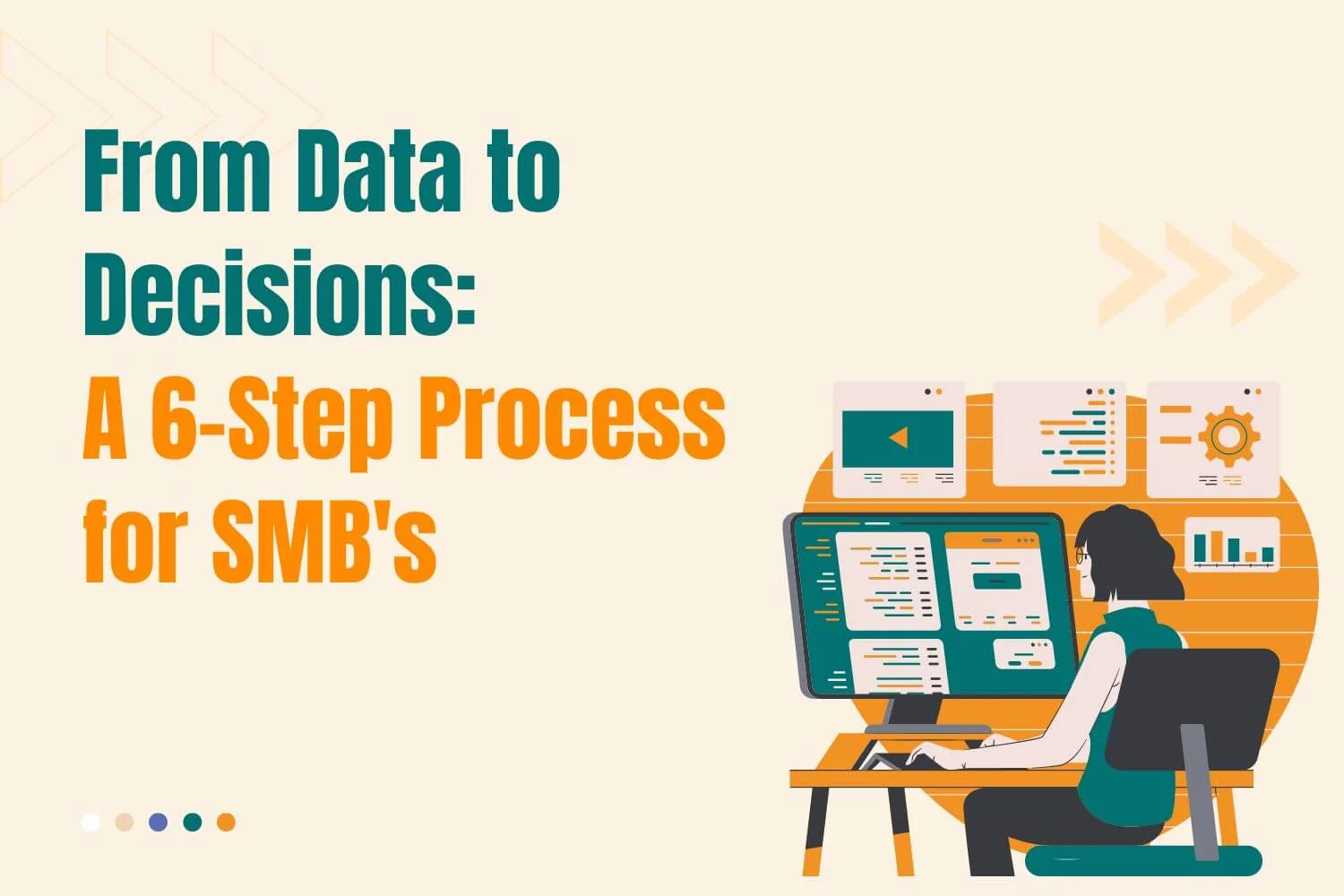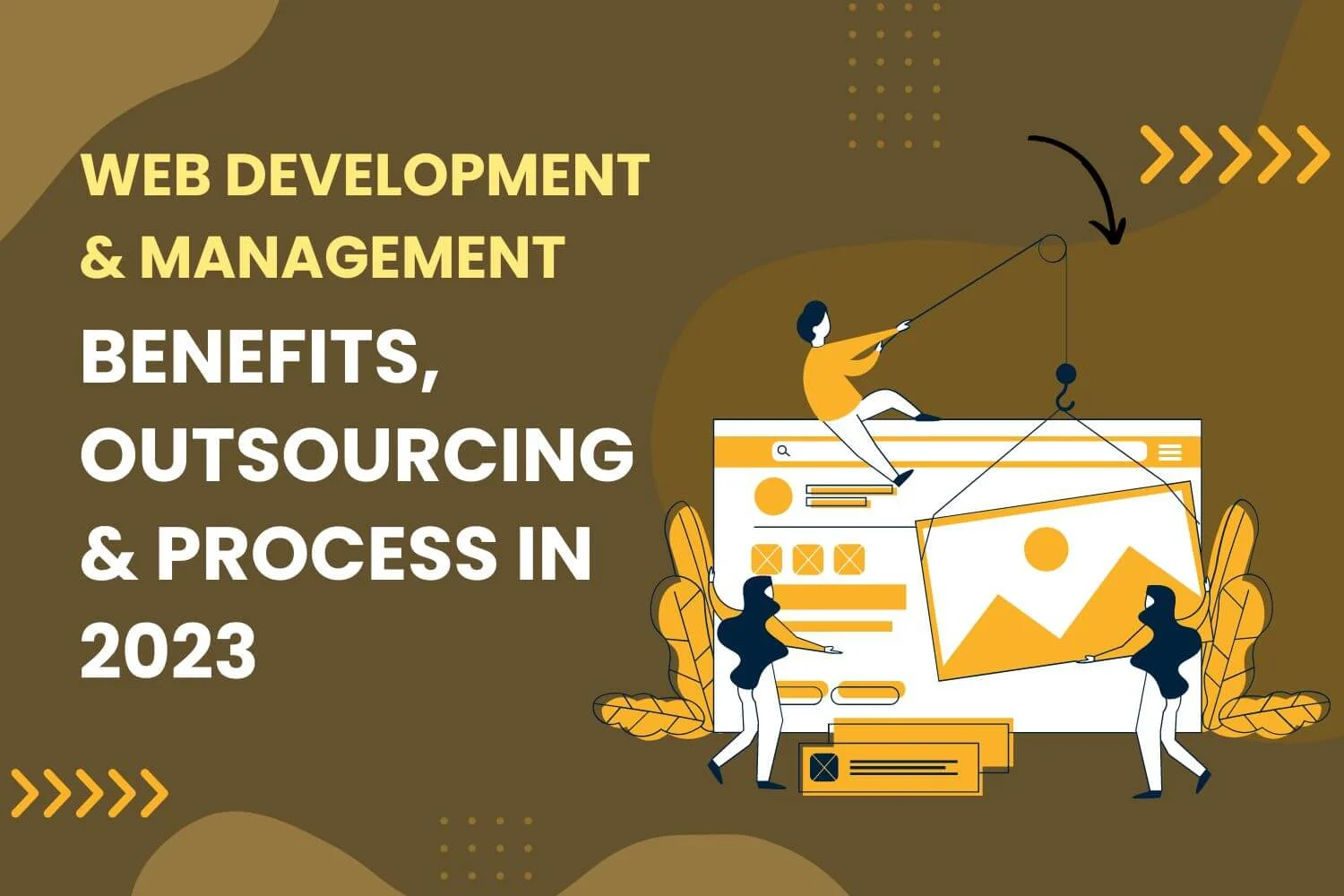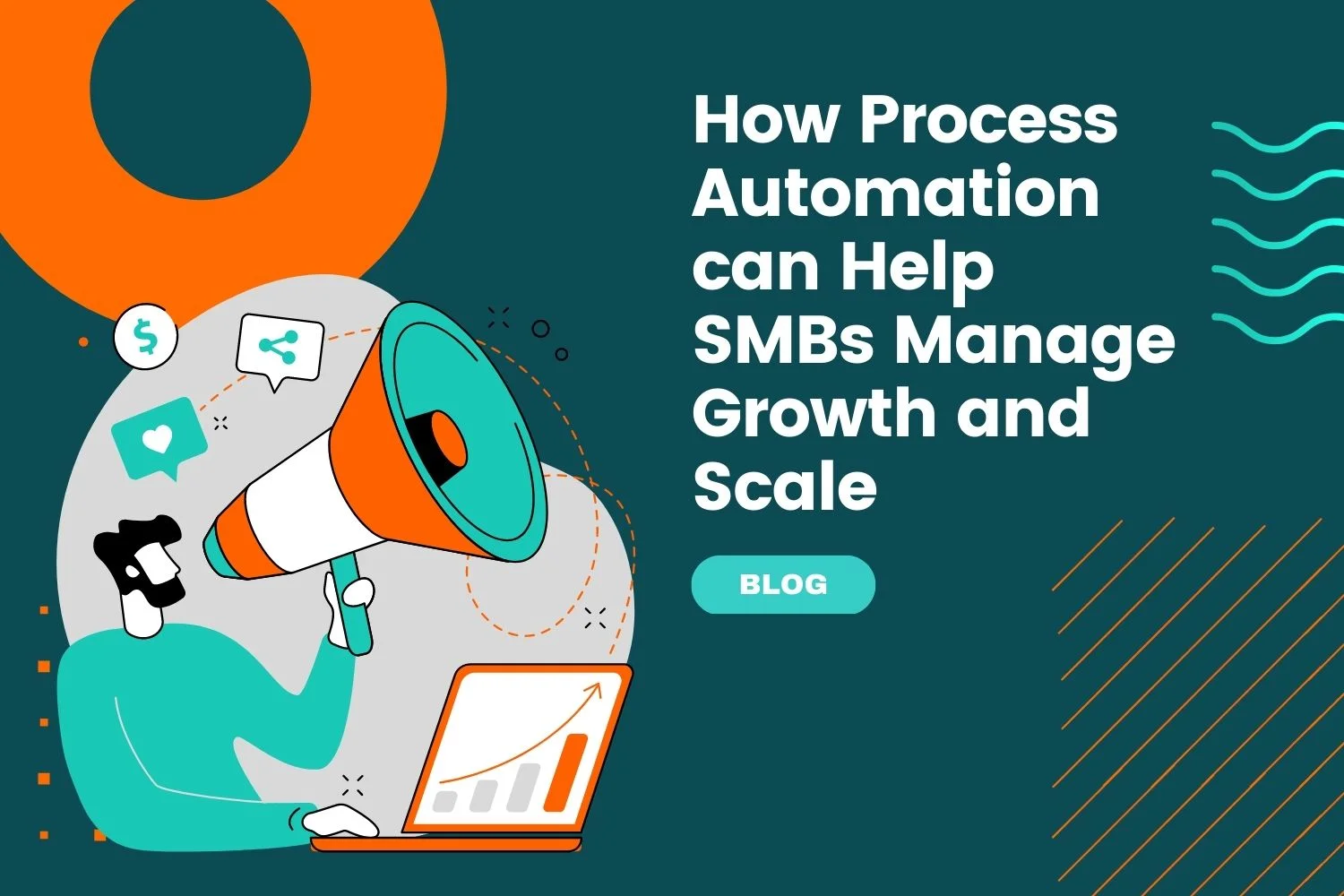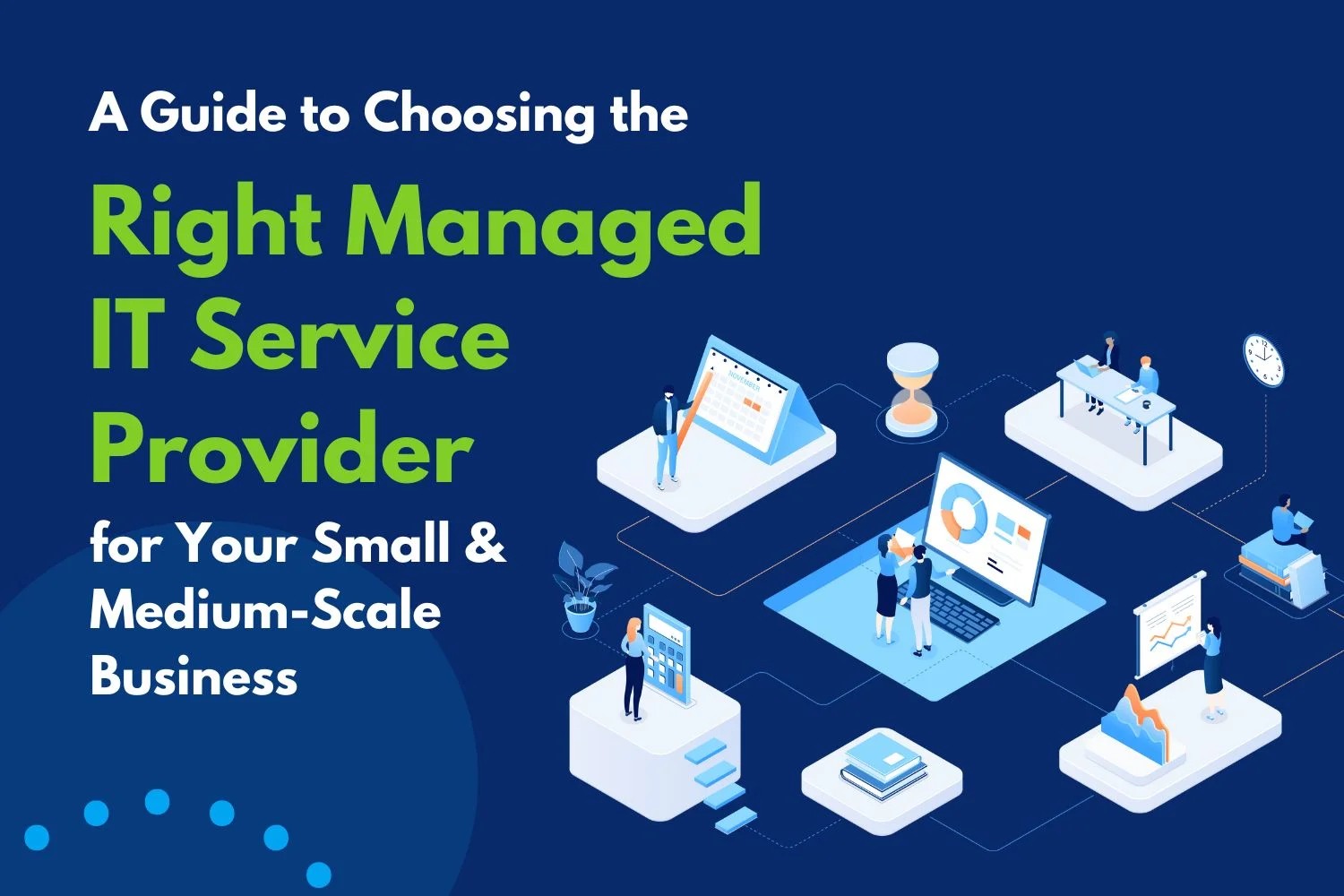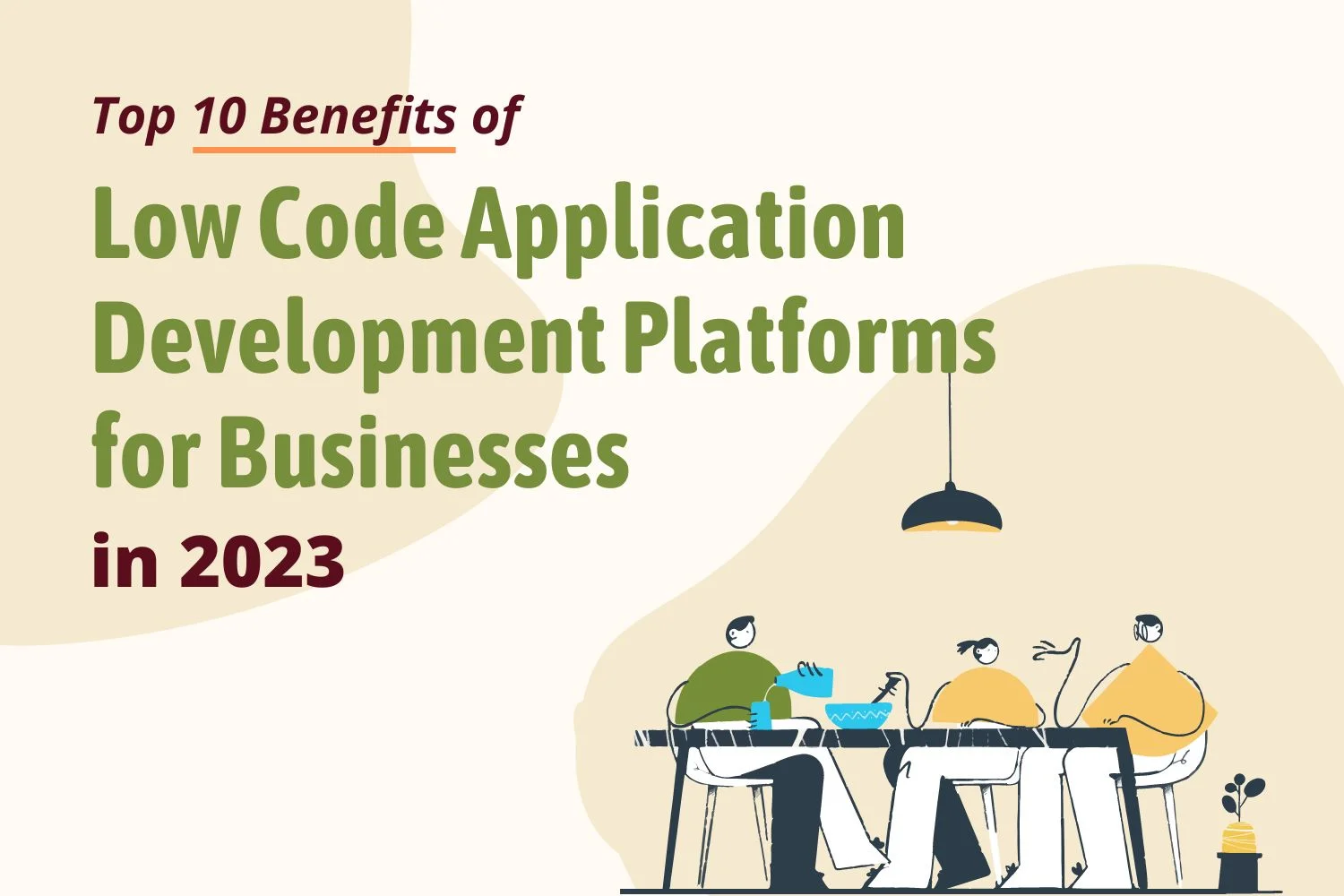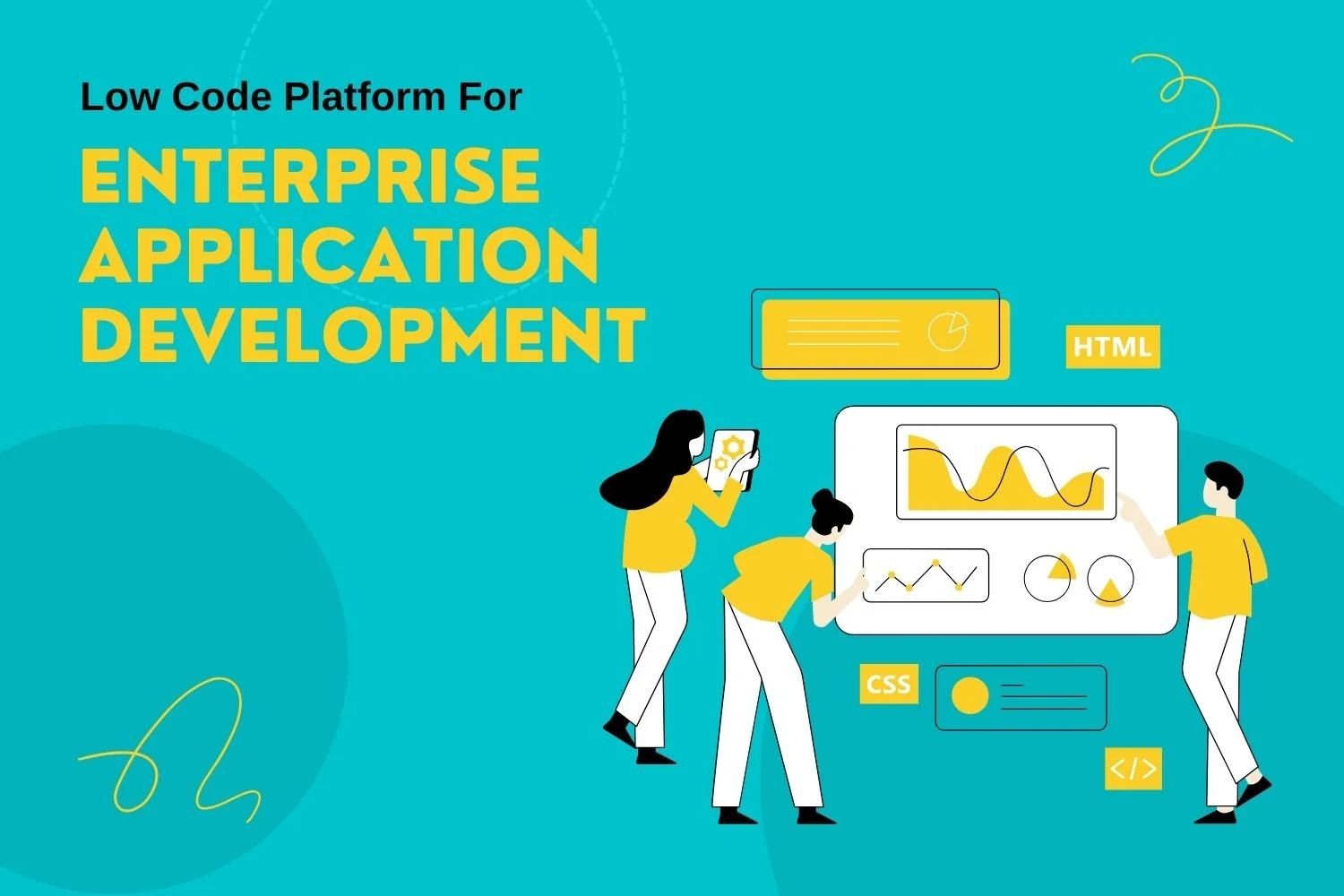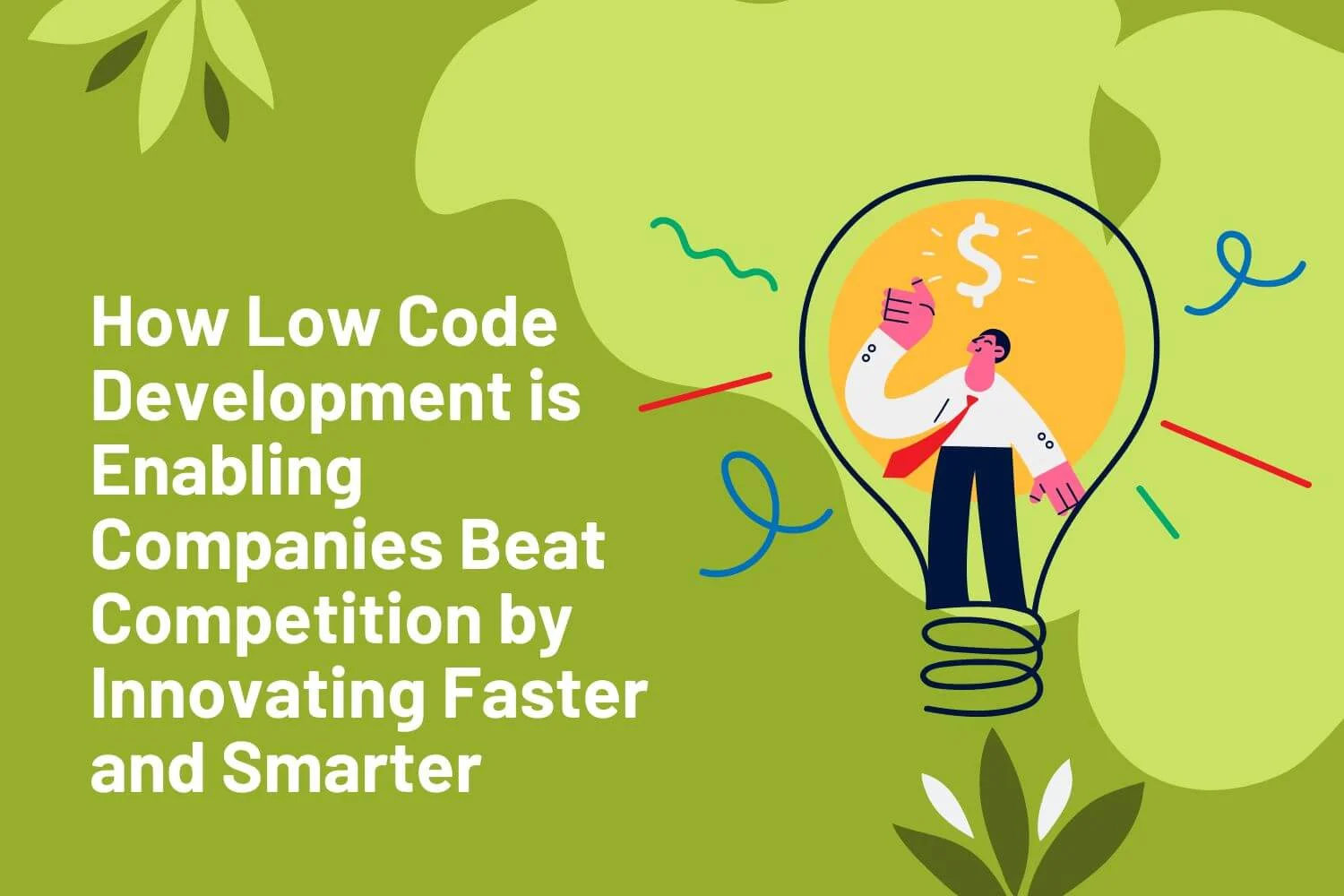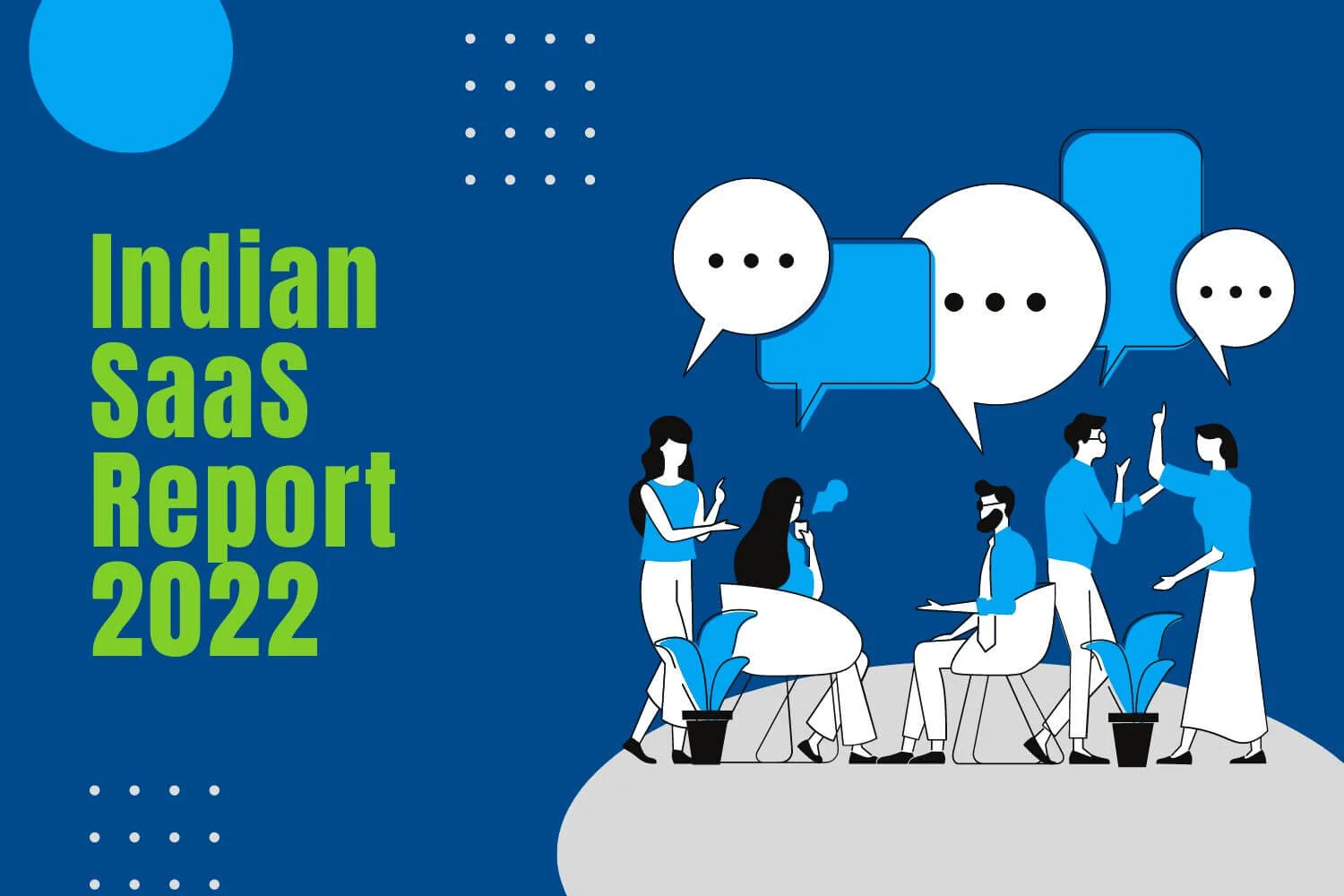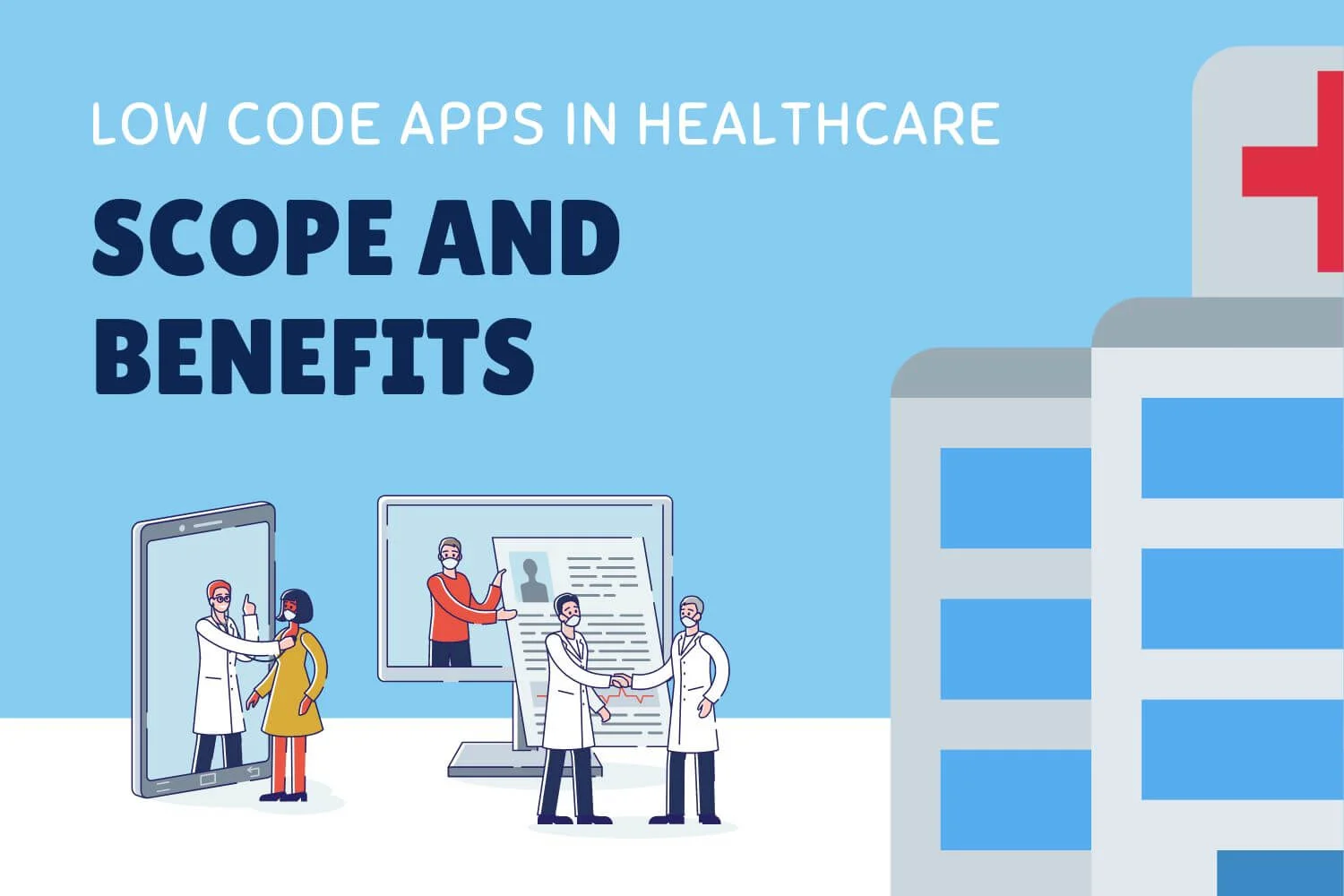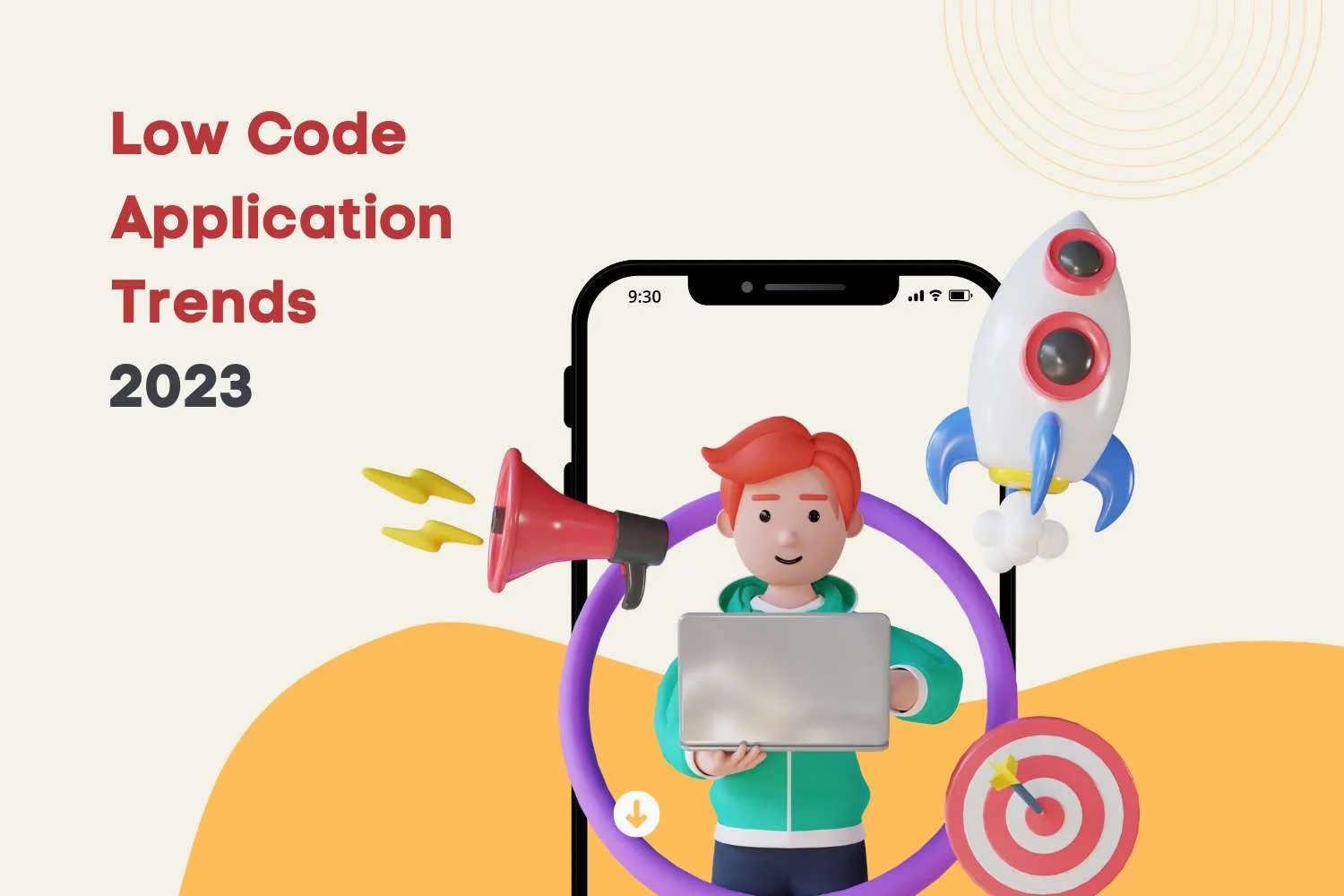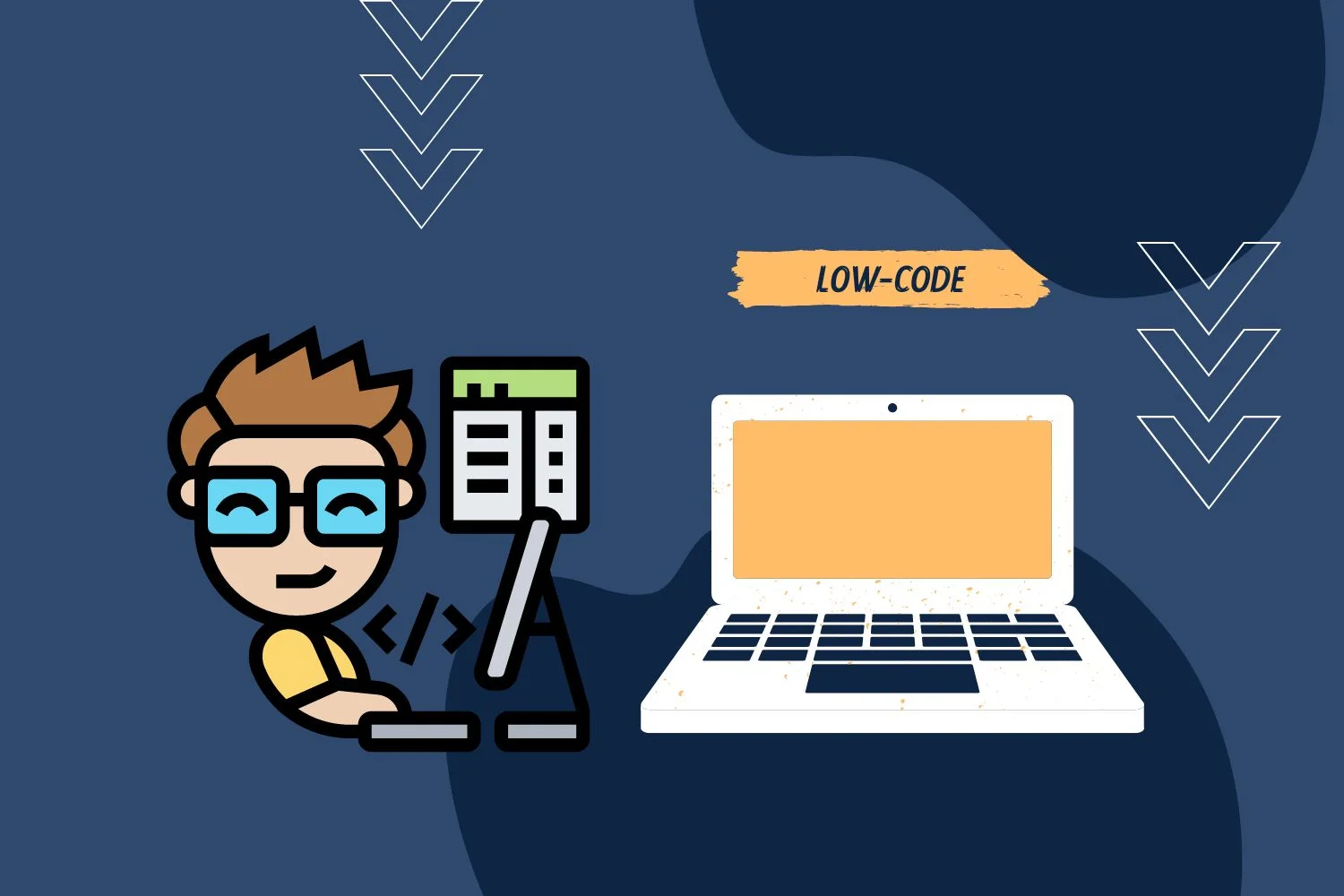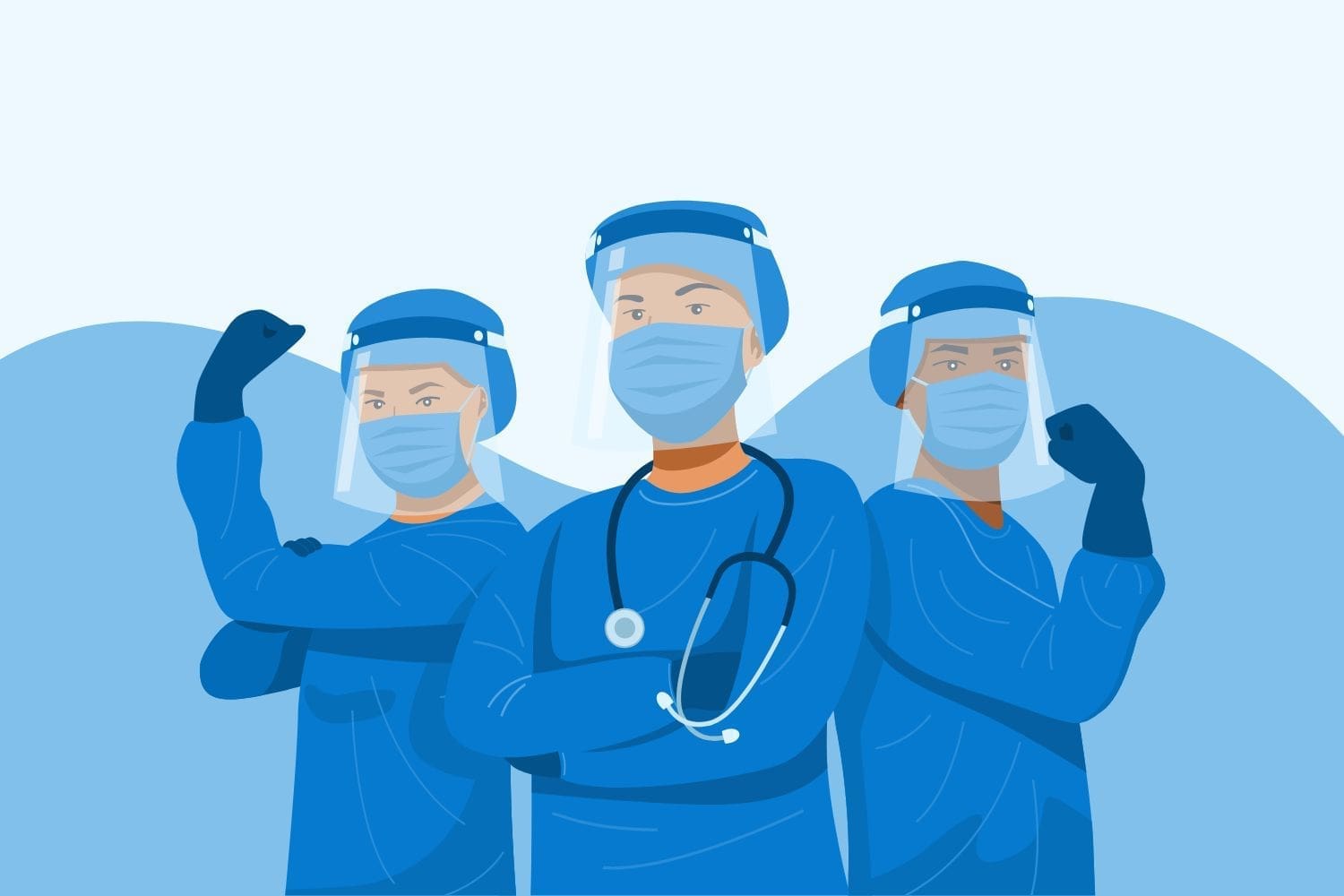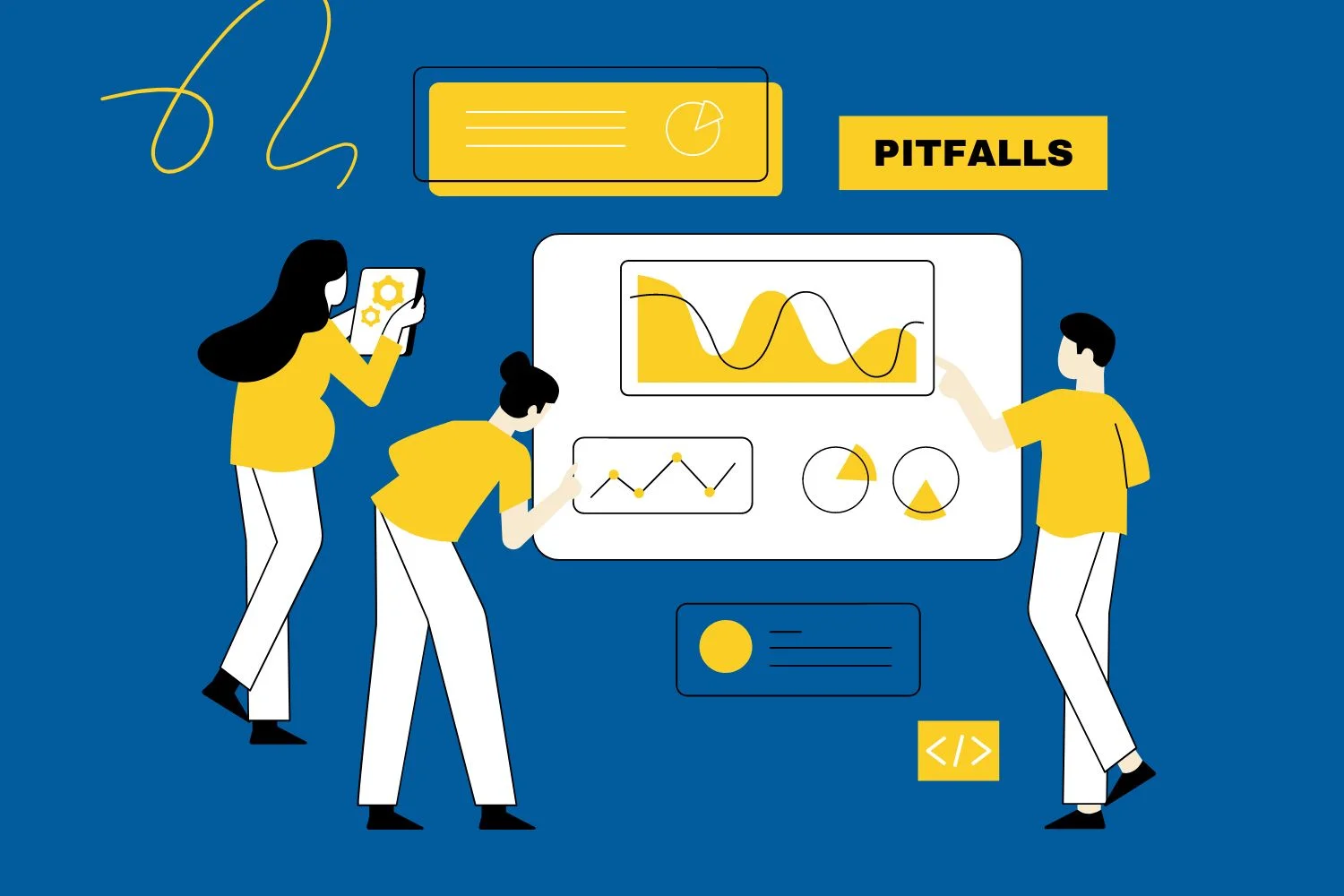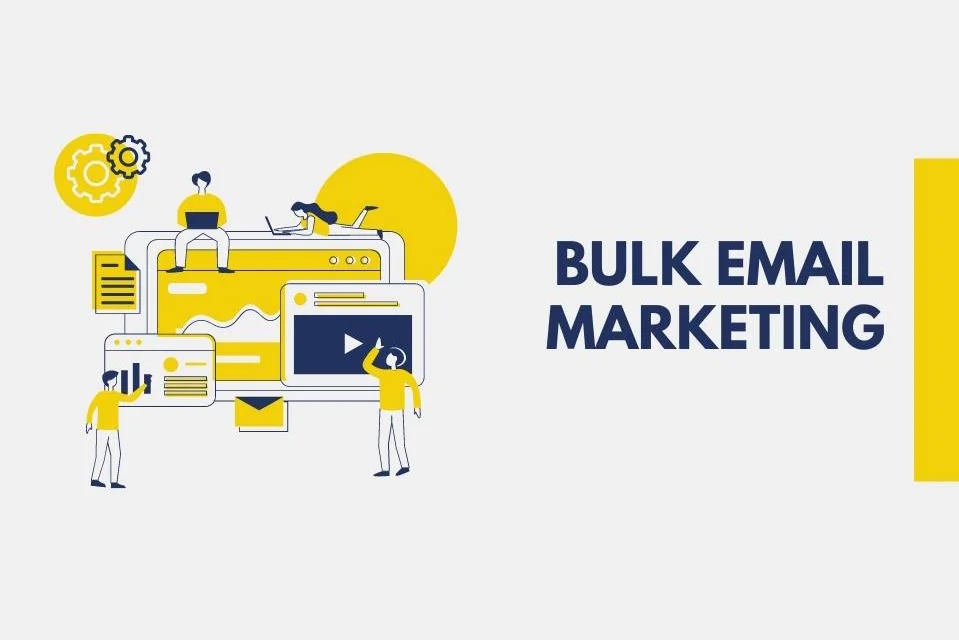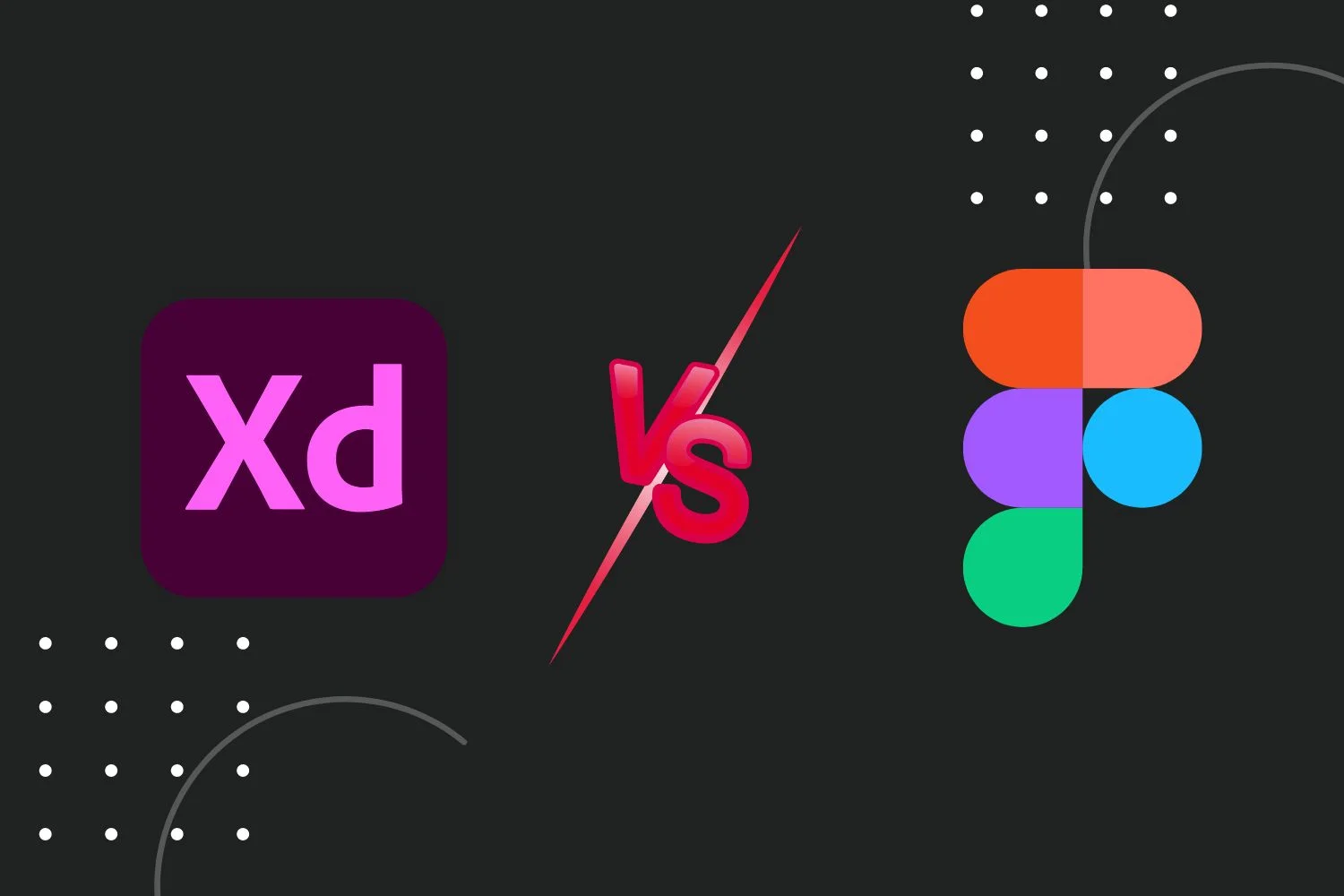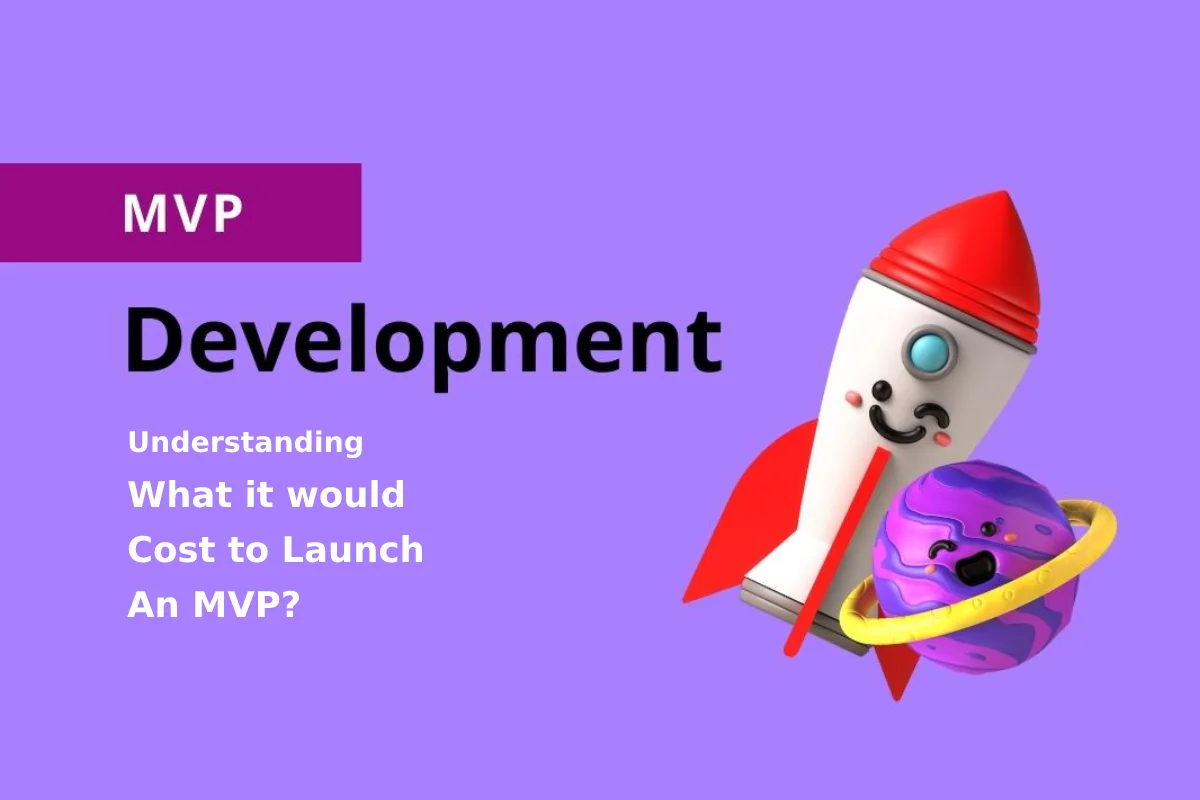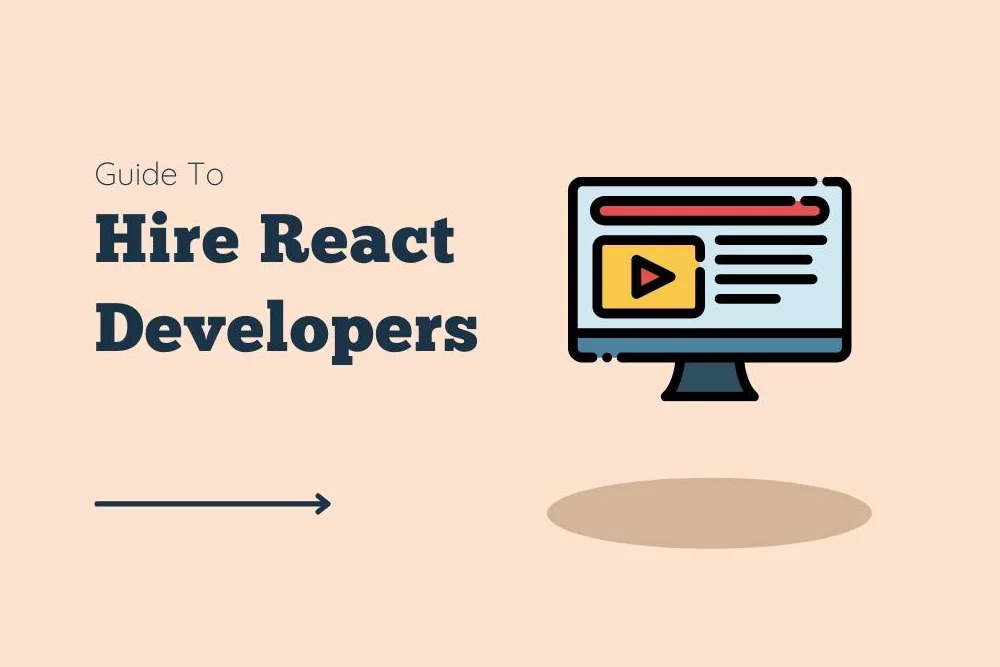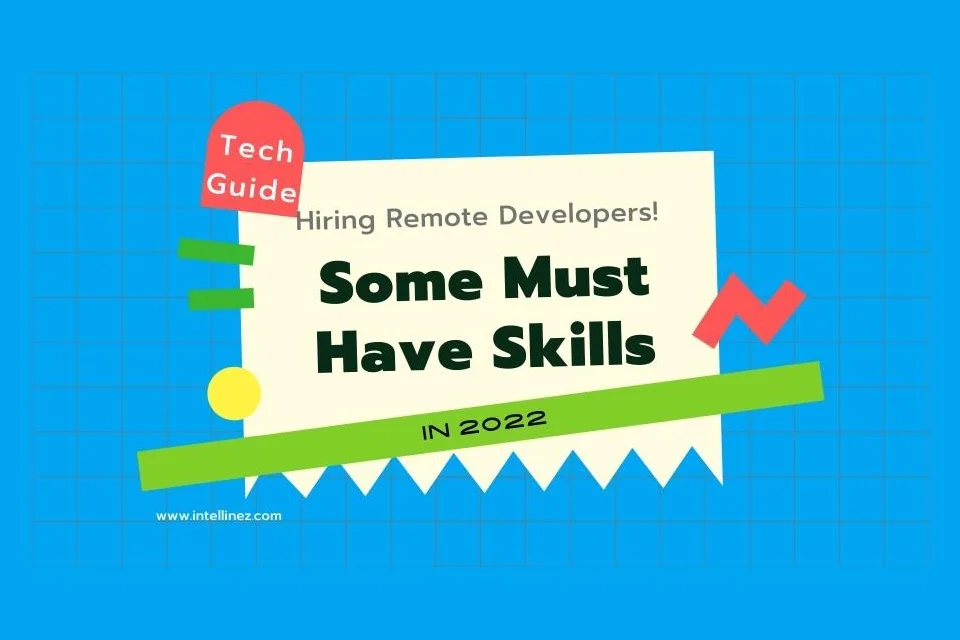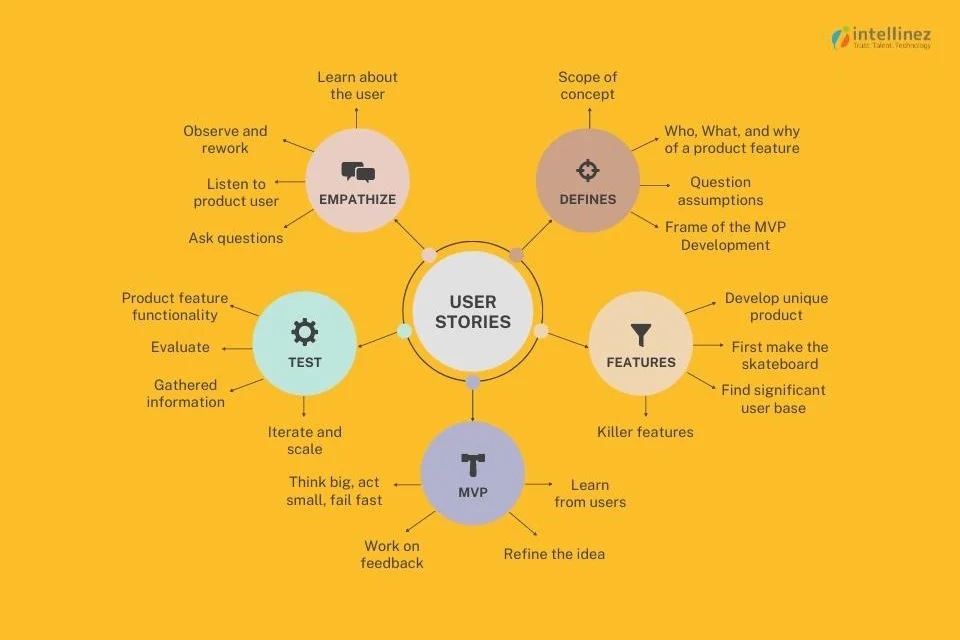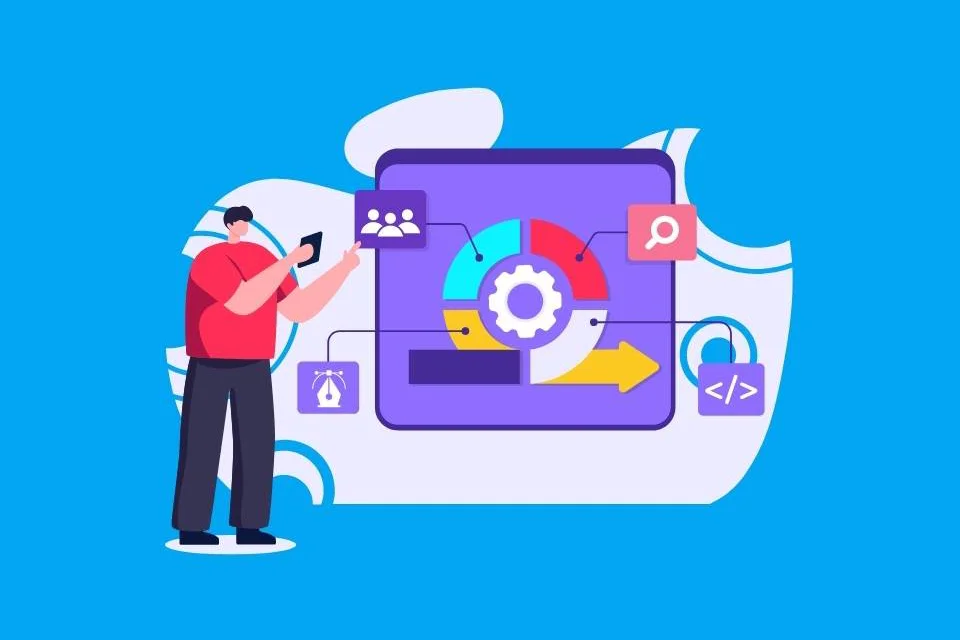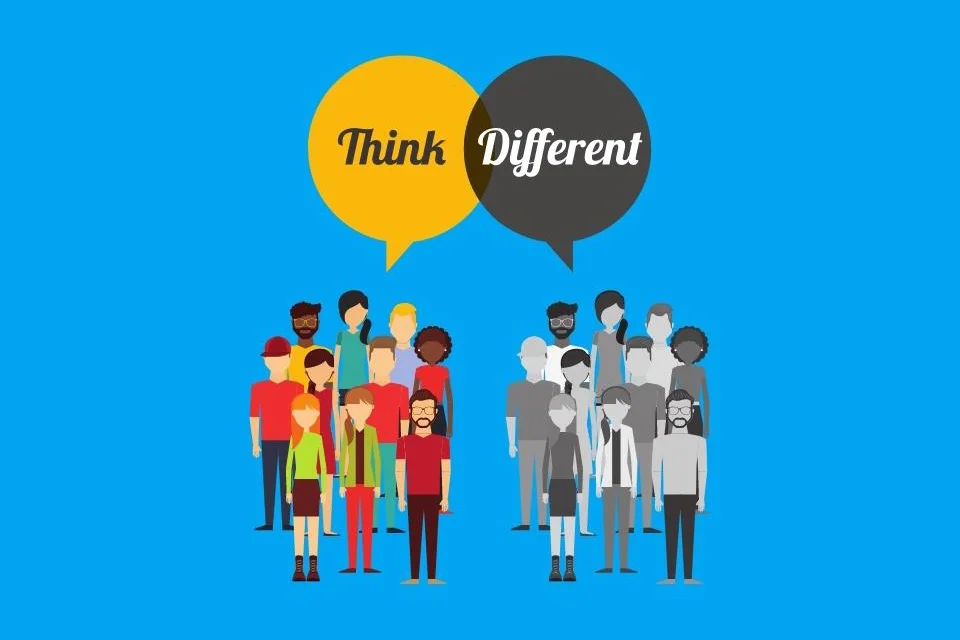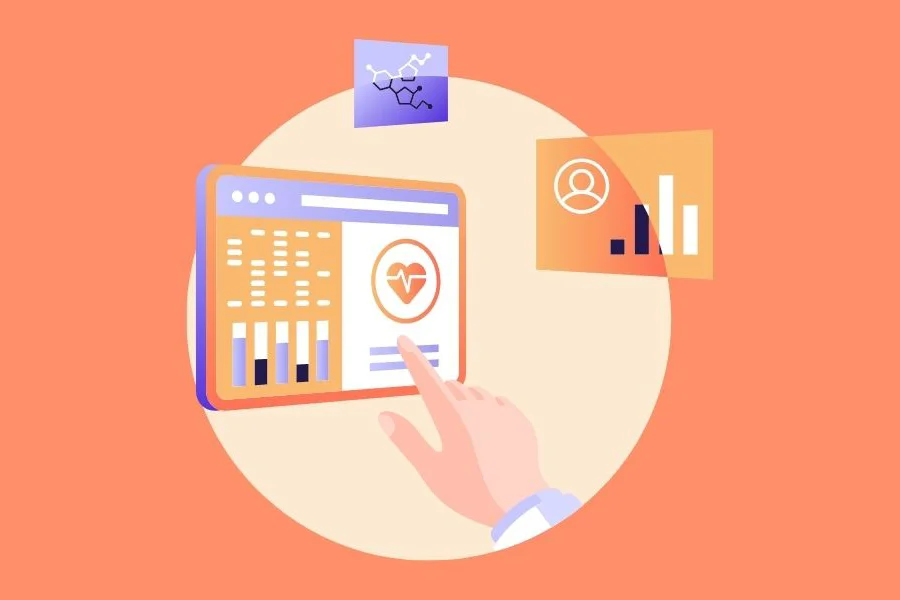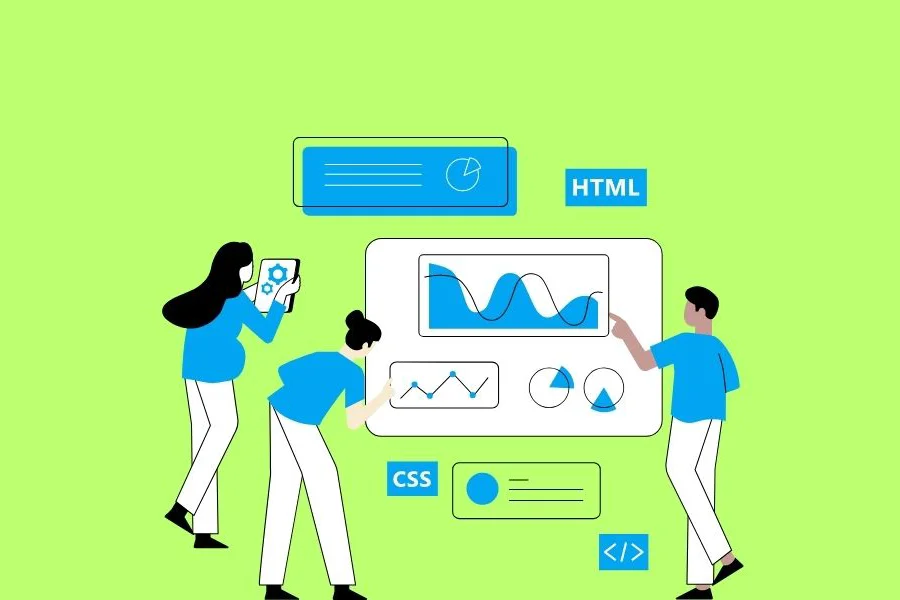The health care system has faced significant challenges, such as shortages of healthcare workers, brought to light by the covid pandemic. By 2030, the World Health Organization predicts a shortage of 15 million health care workers. Consequently, attention has turned to the potential of artificial intelligence (AI) to enhance the system. In 2021, AI-enabled health startups secured nearly $10 billion in funding, with an additional $3 billion in the first half of 2022. These emerging healthcare using AI are already reshaping patient care, introducing advancements like advanced body imaging tools and oncology platforms.
AI simplifies and expedites tasks traditionally performed by humans in the healthcare field, delivering significant time and cost savings. Its applications encompass diverse areas, including identifying genetic code correlations, supporting surgical robots, automating administrative duties, personalizing treatment plans, and more.
The most exciting application of AI in healthcare lies in improving the diagnostic process. With AI’s immunity to factors like incomplete medical histories and overwhelming caseloads, it can swiftly predict and diagnose diseases, potentially surpassing the abilities of many medical professionals. Several companies exemplify AI’s potential to save lives and minimize errors in health care settings.
Top AI Healthcare Companies
These 11 pioneering AI healthcare startups are at the forefront of groundbreaking research and technology.
Arterys
Arterys made history in 2017 by obtaining FDA clearance for utilizing cloud computing and deep learning in clinical settings. Initially focused on simplifying the diagnosis of heart defects in newborns and children, the company addressed the challenge of large file sizes generated by 4D Flow MRI, an imaging technology that visualizes heart blood flow.
By leveraging cloud computing, Arterys enabled web-based access to these images, facilitating critical treatment decisions by hospital radiologists. Recognizing the need to automate ventricle measurements, the company combined deep learning and cloud computing GPUs to develop an automated method. Arterys now aims to expand its impact by providing accurate measurements across various medical specialties, including cancers, liver conditions, and neurological disorders.
Butterfly Network
Butterfly Network addresses the lack of medical imaging in underserved communities with its innovative solution. By developing the world’s first handheld whole-body imager, they have made ultrasound accessible and portable. These pocket-sized probes, when connected to smartphones, enable imaging in even the most remote locations.
To further enhance usability, Butterfly Network utilizes AI technology that can interpret results with comparable accuracy to human clinicians. This combination of handheld imaging and AI interpretation revolutionizes the diagnosis of various conditions, including blood clots, gallstones, and cancerous tumors. Now, communities worldwide can benefit from affordable and convenient medical imaging, thanks to Butterfly Network’s groundbreaking approach.
Caption Health
Caption Health aims to enhance patient care through increased accessibility of ultrasound technologies, particularly for early disease detection. Mastering ultrasound technology often requires specialized training, and subpar image quality can lead to misdiagnosis and missed treatment opportunities. To address these challenges, Caption Health employs AI to assist clinicians during the imaging process and automatically evaluate image quality.
This enables healthcare providers, regardless of their level of training, to perform ultrasounds and interpret the results. The current focus of the technology is on cardiac ultrasounds, with ongoing efforts to develop AI guidance for lung ultrasounds. By leveraging AI, Caption Health empowers healthcare professionals to deliver improved diagnostic accuracy and expand the availability of ultrasound examinations for enhanced patient care.
Cleerly
Cleerly utilizes an AI-based platform in conjunction with coronary computed tomography angiography (CCTA) imaging to facilitate early diagnosis and treatment of heart disease. Unlike relying on indirect markers such as risk factors and symptoms, Cleerly directly measures plaque accumulation in the heart’s arteries.
By analyzing and characterizing various types of plaque, the technology enables clinicians to assess a patient’s risk of heart attack with enhanced accuracy. This approach allows for a more precise determination of the severity of heart disease and aids in developing appropriate treatment plans. Cleerly’s innovative AI platform revolutionizes the diagnostic process, providing healthcare providers with vital insights to detect and manage heart disease at an earlier stage.
CloudMedX
CloudMedX is a computing platform that enhances clinical processes and enhances patient outcomes through predictive analytics. By leveraging AI, it gathers data and constructs comprehensive profiles of individuals and communities. With its unified data platform, CloudMedX offers a range of functions encompassing operational, clinical, and financial aspects, providing healthcare providers with a centralized location for all their needs.
The company’s predictive healthcare models utilize medical data to forecast disease progression and assess the likelihood of patient complications, offering risk assessment scores. This enables healthcare professionals to make informed decisions and take proactive measures to optimize patient care. CloudMedX’s innovative approach empowers healthcare providers with actionable insights and a comprehensive understanding of patient health, leading to improved outcomes and more efficient clinical workflows.
Corti
Corti provides clinicians with a voice-based digital assistant that assists in quality assurance. Through extensive training with real patient calls and consultations, the AI-powered assistant accompanies healthcare workers during patient visits, employing proprietary speech recognition and language processing technology.
This enables Corti’s AI tools to enhance the organization and routing of incoming emergency calls in hospitals, improve patient flow and triage in nursing call lines, and provide support and quality assurance for calls. By leveraging the power of AI, Corti enhances the efficiency and accuracy of clinical workflows, offering valuable assistance to healthcare professionals in delivering optimal patient care.
DeepMind
DeepMind, which was acquired by Google Health in 2014, focuses on developing intelligent AI systems across various sectors, with notable advancements in healthcare. Collaborating with a hospital, DeepMind utilized its AI system to assist in the treatment of patients with diabetic retinopathy, a condition that can lead to vision loss. The AI system demonstrated comparable accuracy to doctors in recommending patient referrals for over 50 different eye diseases.
Additionally, it showed the capability to predict the likelihood of a patient progressing to a more advanced stage of eye degeneration months in advance, potentially enabling preventative measures for sight-loss. DeepMind’s advancements in healthcare signify the potential of AI technology in improving diagnosis, treatment, and prognostic capabilities, paving the way for more efficient and effective patient care.
Enlitic
Enlitic leverages deep learning to enhance radiologists’ workflows and enhance diagnostic accuracy. Traditional manual methods of interpreting medical imaging can slow down clinicians, hindering prompt patient care and diagnosis. Enlitic’s software streamlines this process by automatically reading clinical content and utilizing its extensive knowledge gained from deep learning to analyze and interpret the data, saving valuable time for radiologists.
Recognizing the potential of Enlitic’s technology, GE Healthcare has partnered with Enlitic to integrate their AI capabilities into the workflows of GE radiologists. This collaboration aims to improve data standardization, increase efficiency, and expand capacity, ultimately benefiting both radiologists and patients alike.
Komodo
Komodo, a healthtech company, aggregates clinical data from 330 million patients, providing valuable insights to its diverse customer base, ranging from disease advocacy groups to pharmaceutical companies. By leveraging analytics, Komodo utilizes this extensive data map to identify potential candidates for clinical trials, monitor the adoption of new treatments, and uncover disparities in healthcare and patient outcomes.
Moreover, the company is actively engaged in comprehending the short- and long-term health effects of COVID-19. With its advanced technology and vast dataset, Komodo plays a pivotal role in enhancing medical research, driving precision medicine, and facilitating evidence-based decision-making across the healthcare ecosystem.
Oncora Medical
Oncora Medical recognizes the challenge faced by oncologists who often have to navigate multiple software systems when treating patients. To streamline the process and enable more efficient and informed decision-making, Oncora strives to offer a unified platform where clinicians can access comprehensive data on cancer patients, clinical outcomes, and treatments.
By consolidating this information into a single platform, clinicians can save valuable time by making a single data input. Oncora’s analytics software further simplifies the workflow by aggregating data from disparate systems, allowing providers to access all relevant information in one place. This integrated approach empowers healthcare providers to leverage collected data effectively, ultimately improving future patient care and outcomes.
Owkin
Owkin utilizes artificial intelligence (AI) to identify improved treatments for medical conditions with unmet needs, starting with cancer. Employing a “federated learning” methodology, the company collaborates with organizations to gain access to their data and applies machine learning algorithms to gain insights into diseases.
By analyzing historical clinical data, these algorithms play a crucial role in predicting disease progression upon diagnosis. Owkin’s AI-driven approach facilitates a deeper understanding of diseases and supports the development of more accurate prognostic models. Through the integration of AI and collaborative data analysis, Owkin aims to advance medical research and ultimately enhance treatment outcomes for patients with unmet medical needs.
The Cost Of AI In Healthcare
The cost of implementing AI in healthcare varies widely, with custom AI solutions ranging from $20,000 to $1 million. The price of healthcare using AI software is influenced by factors such as the desired level of intelligence, the size of the data set it needs to process, and the desired output from the algorithms. Additionally, the pricing strategy employed by AI companies will also play a role in determining the cost for future customers.
Although AI implementation can be expensive, the investment in this technology continues to surge. The AI healthcare market is projected to reach $36.1 billion by 2025, reflecting a remarkable growth rate of 50.2%. This suggests that the demand for AI in healthcare is strong, despite its associated costs.
Conclusion
In conclusion, the integration of artificial intelligence in healthcare holds immense potential to address challenges, improve patient care, and drive advancements in diagnosis, treatment, and research. While the cost of AI implementation can be significant, the projected market growth reflects the industry’s recognition of its value in transforming healthcare delivery and outcomes.
Soumya Mishra
Technology Leader proficient in engineering and execution of enterprise-level IT projects and providing support services on the same. Possesses the ability to set functional and technical strategies, converting them to an achievable plan of action, and driving them to realize and achieve customer success. Passionate leader believing in leading by example, possessing strong problem-solving skills and a can-do attitude. Adept at handling cross-functional teams across the globe and motivating them to achieve outstanding and sustainable results to meet organizational goals and objectives! Guiding Quote – “Every job is a self-portrait of the person who did it, Autograph your work with excellence”










































![A Comprehensive Guide to AWS SaaS Architecture [Diagram Included] 86 Aws SaaS Architecture](http://www.intellinez.com/wp-content/uploads/2024/08/Title-image.jpg)

